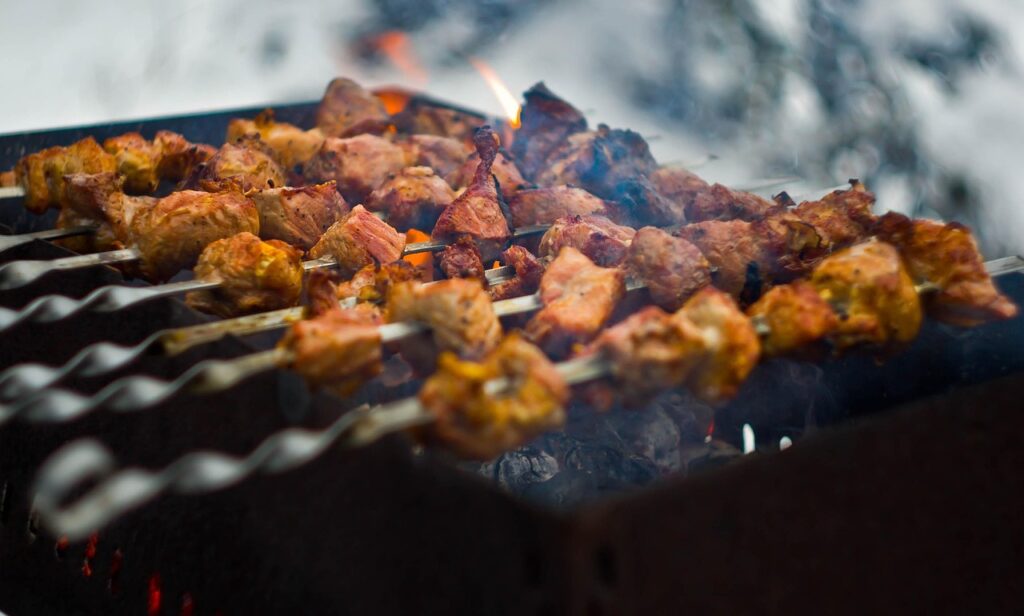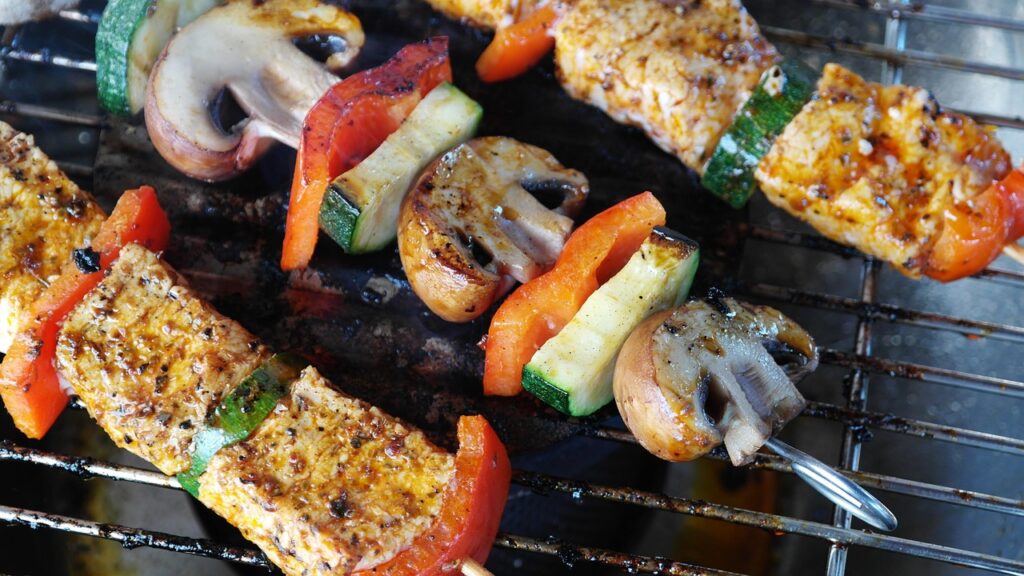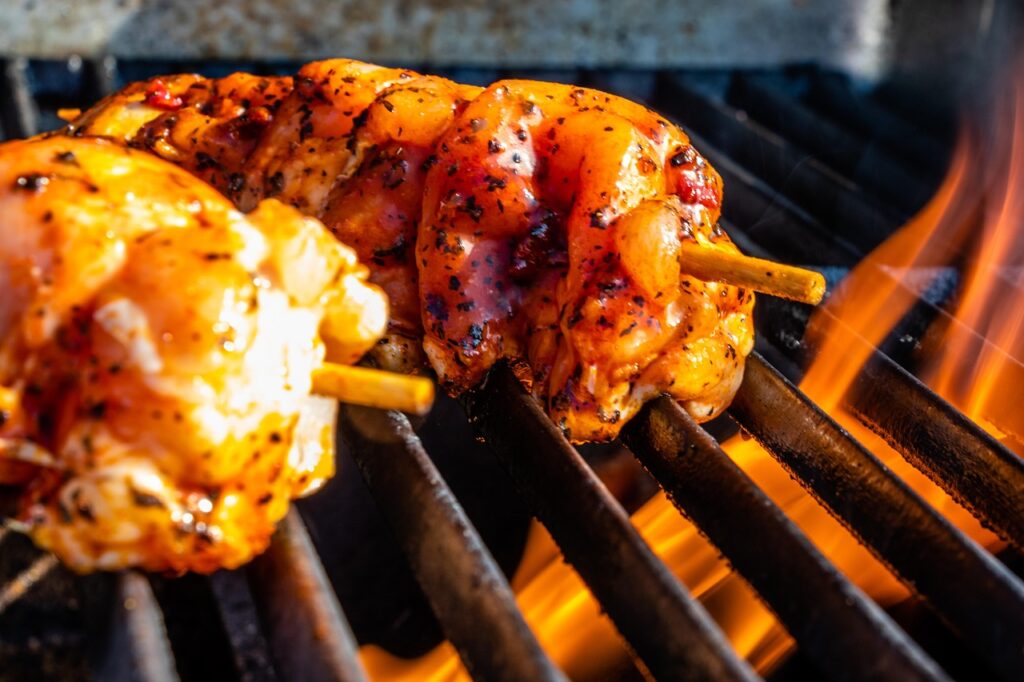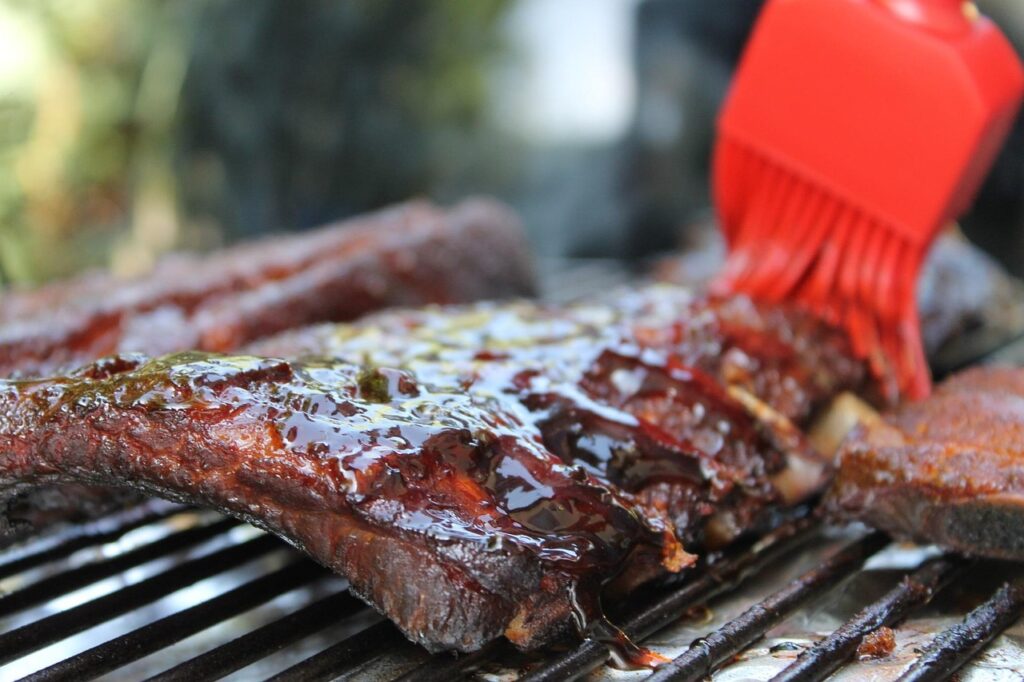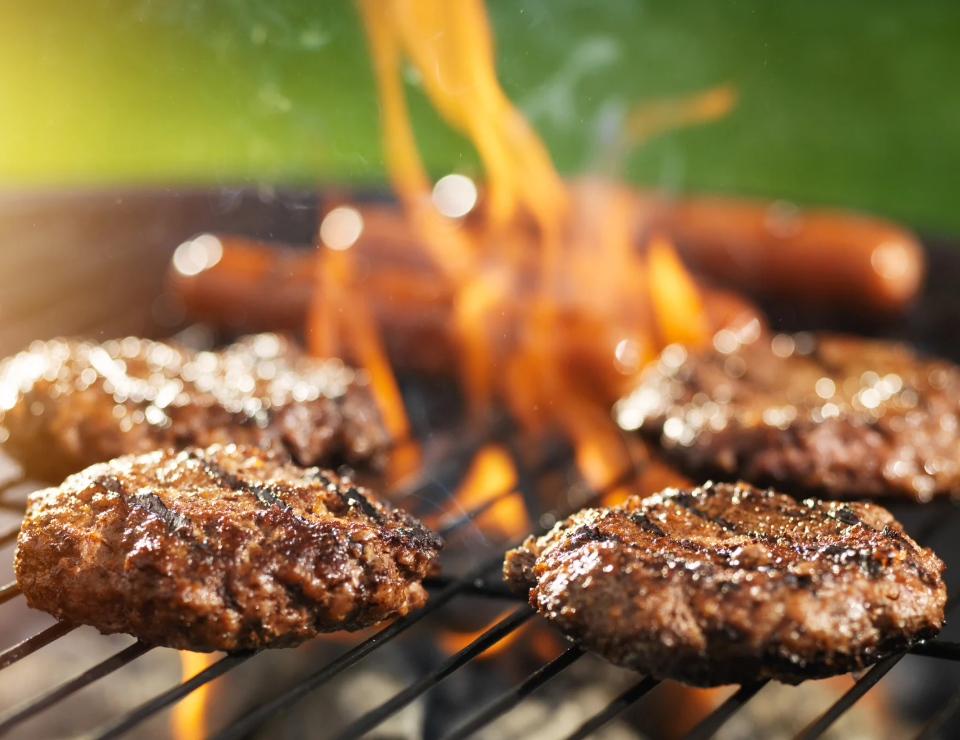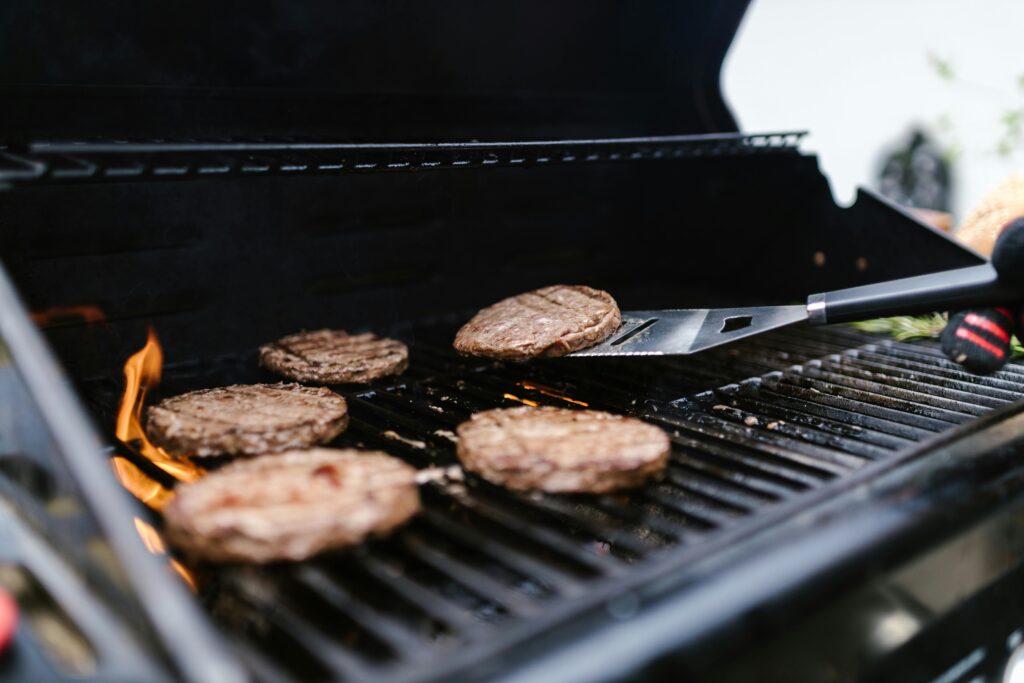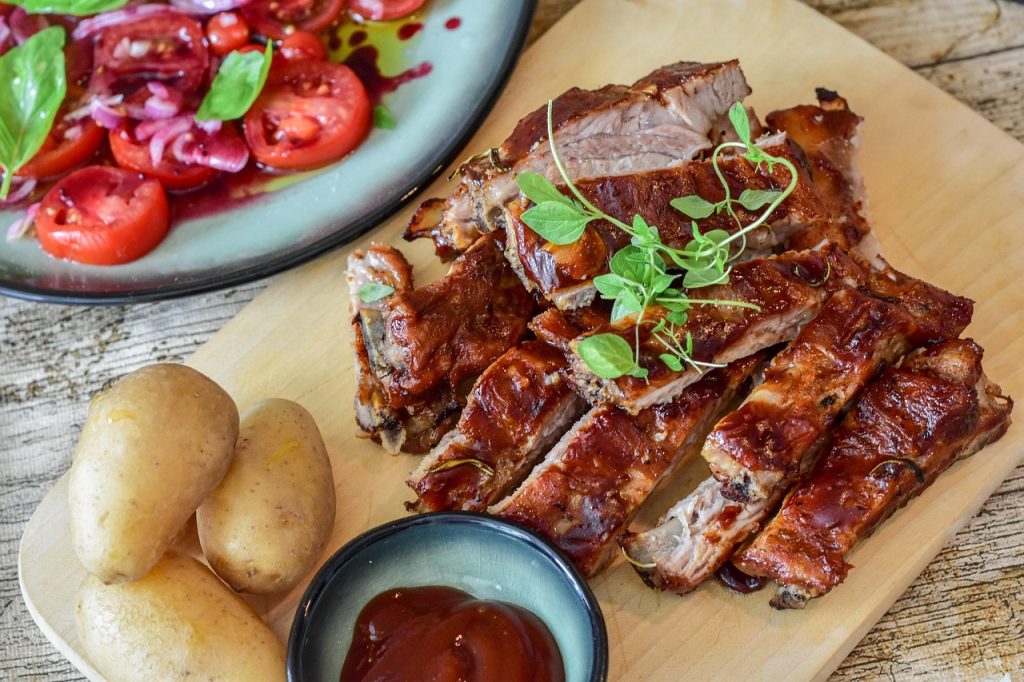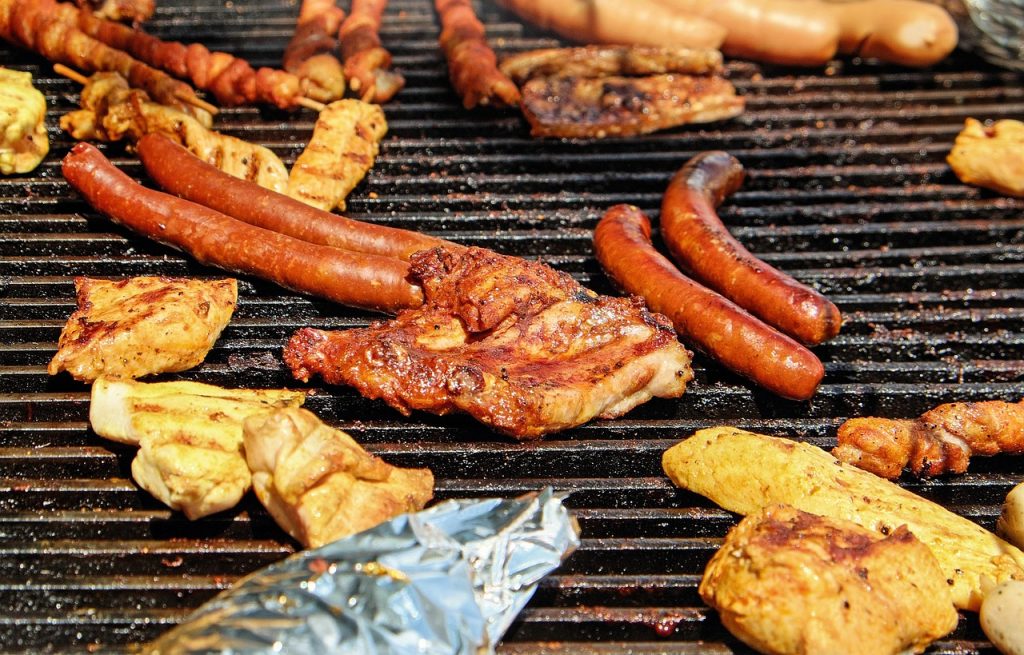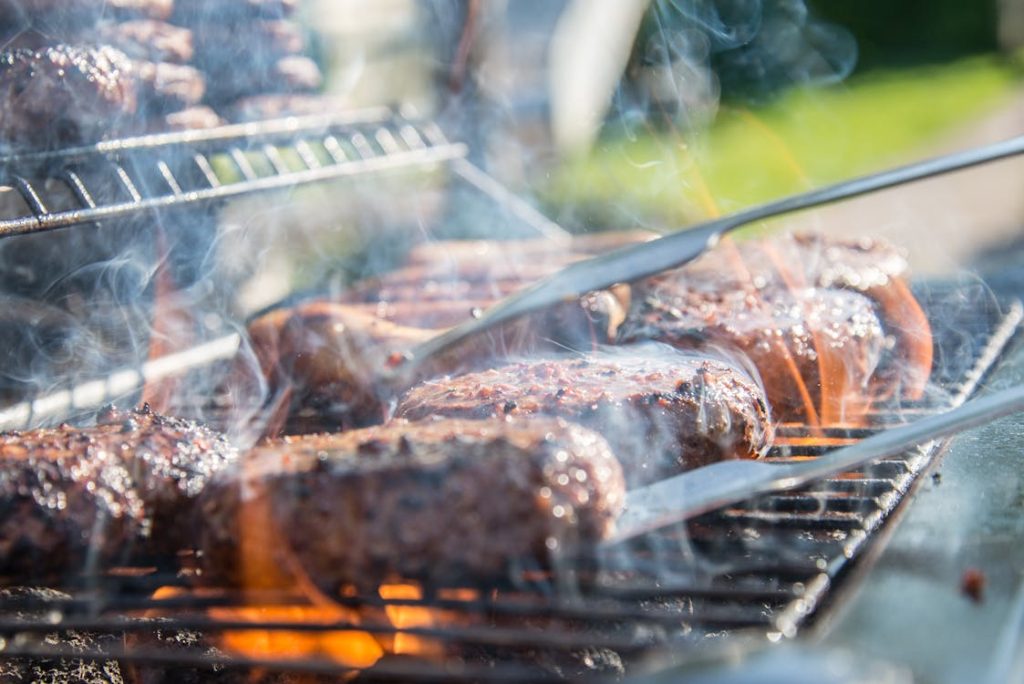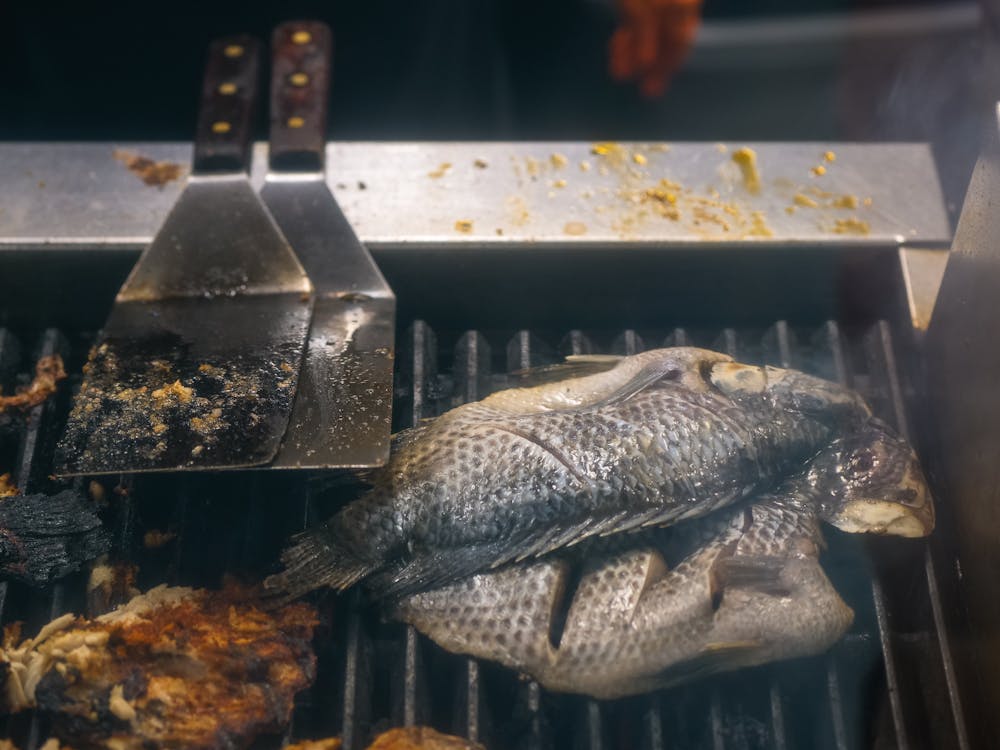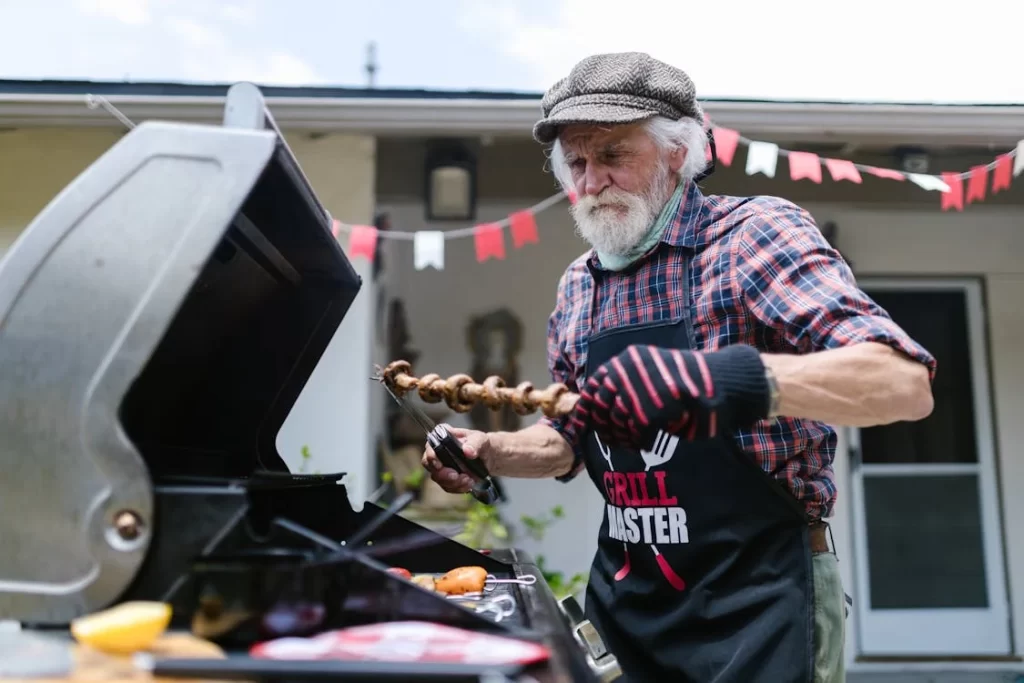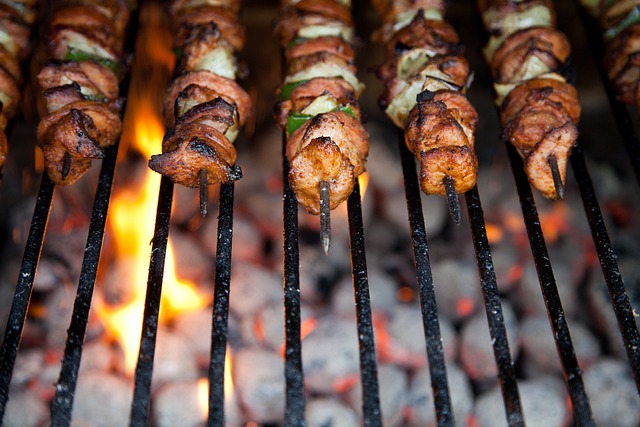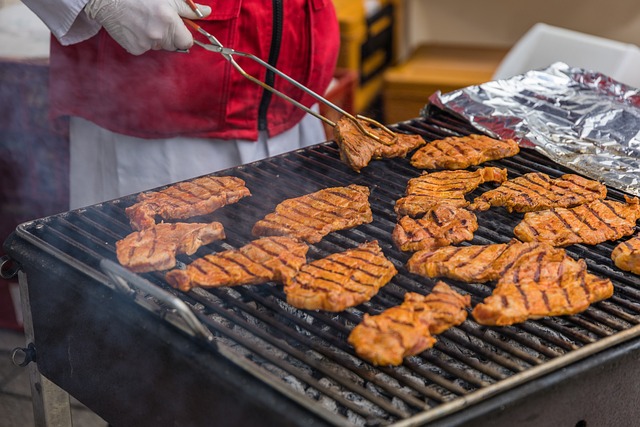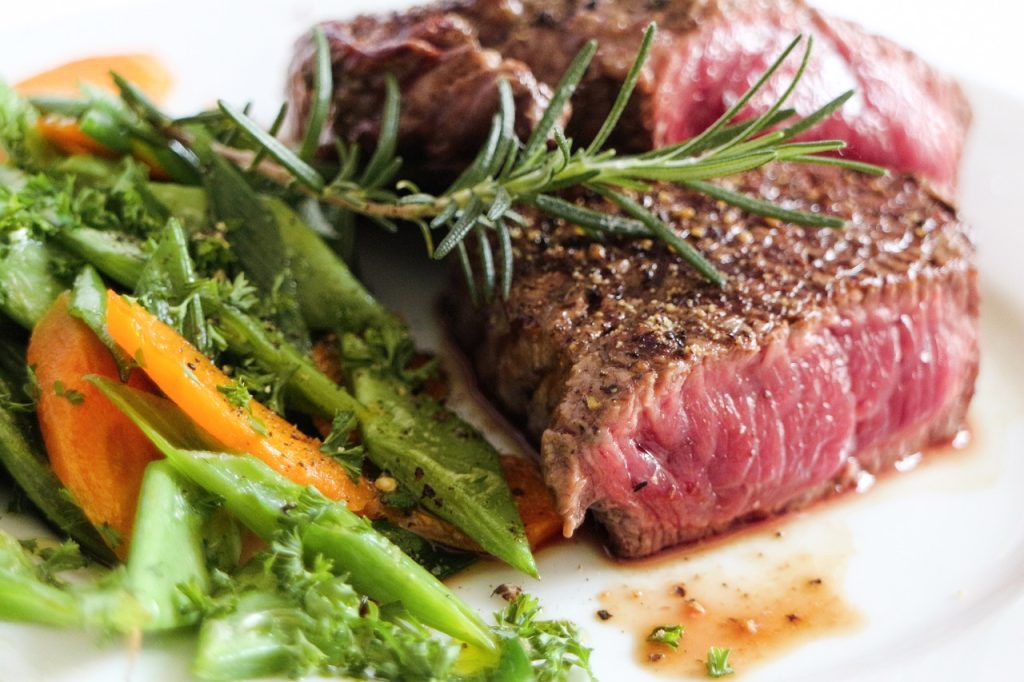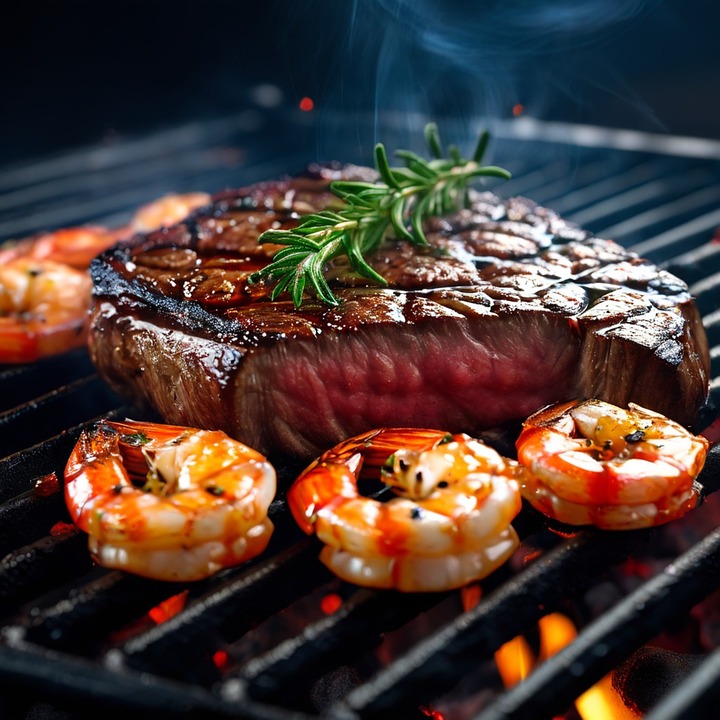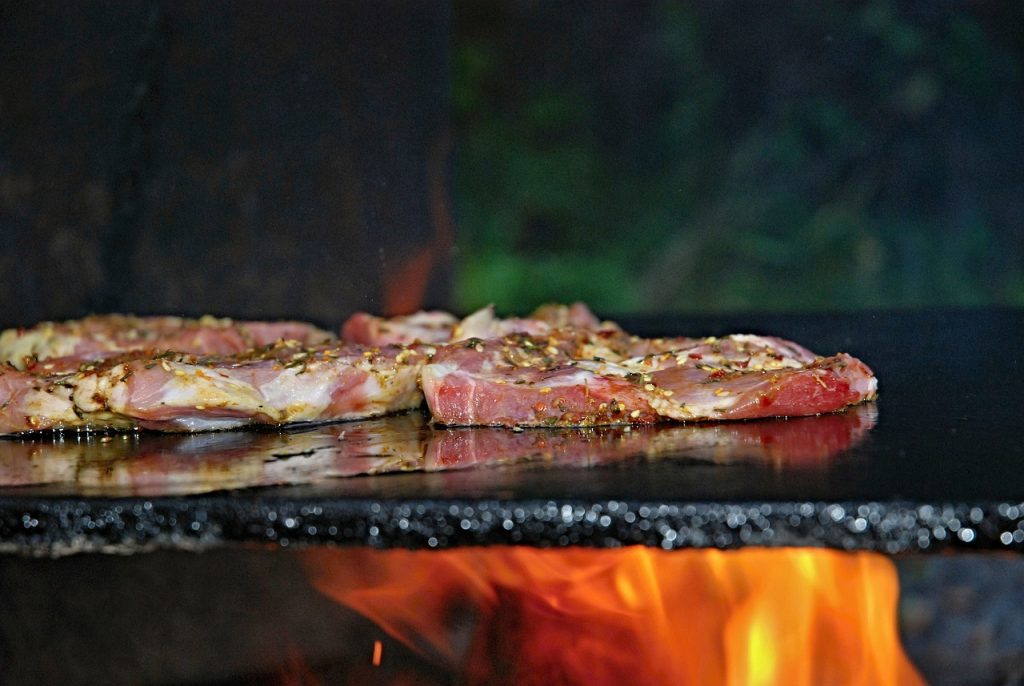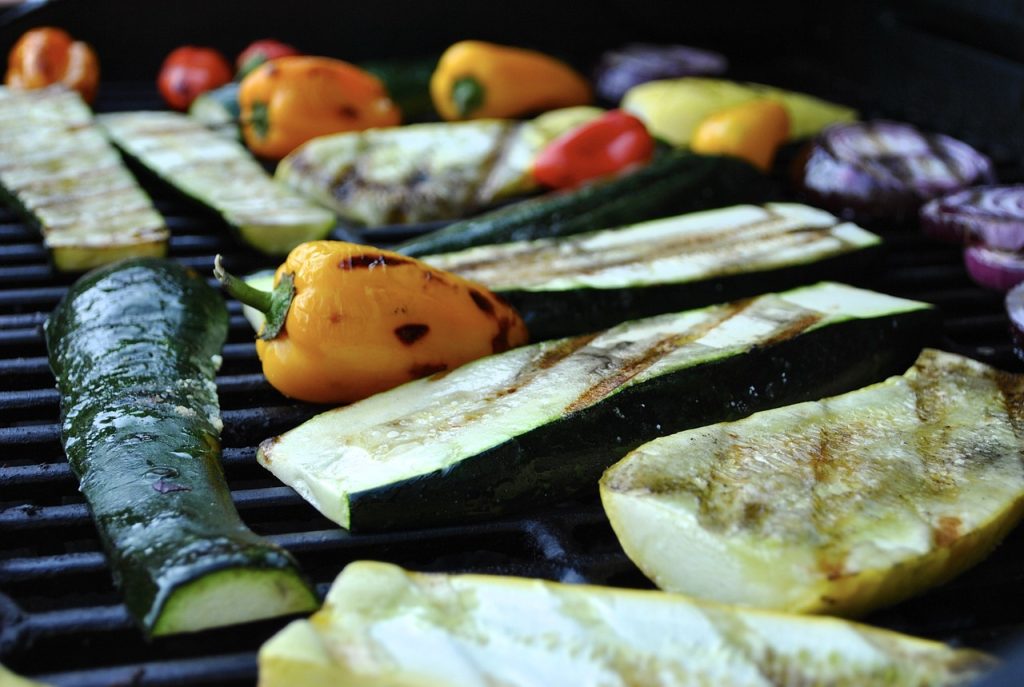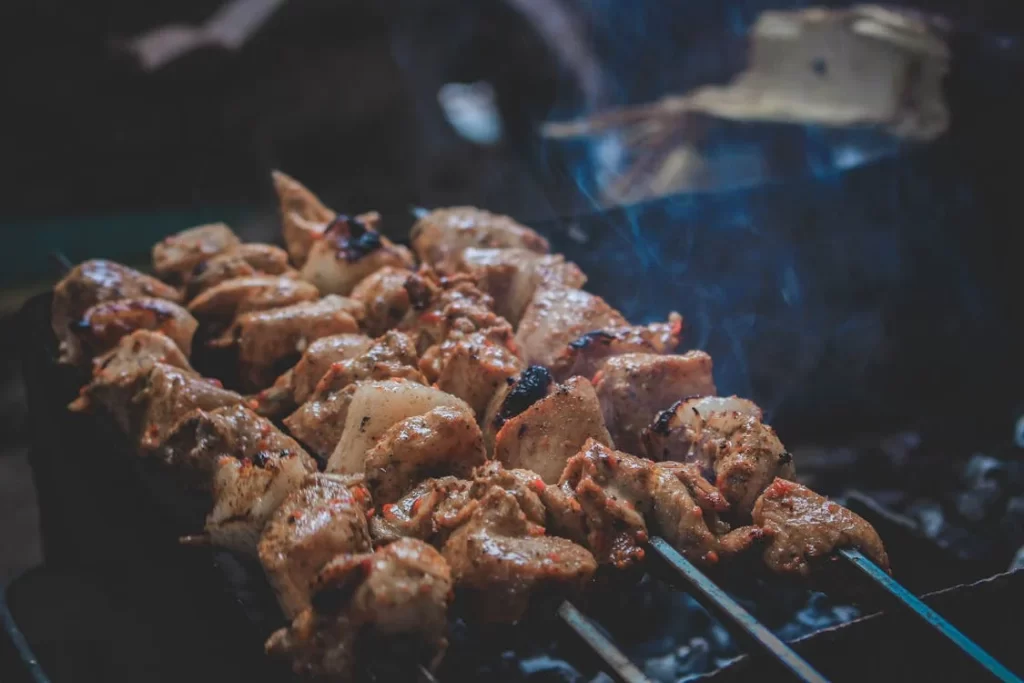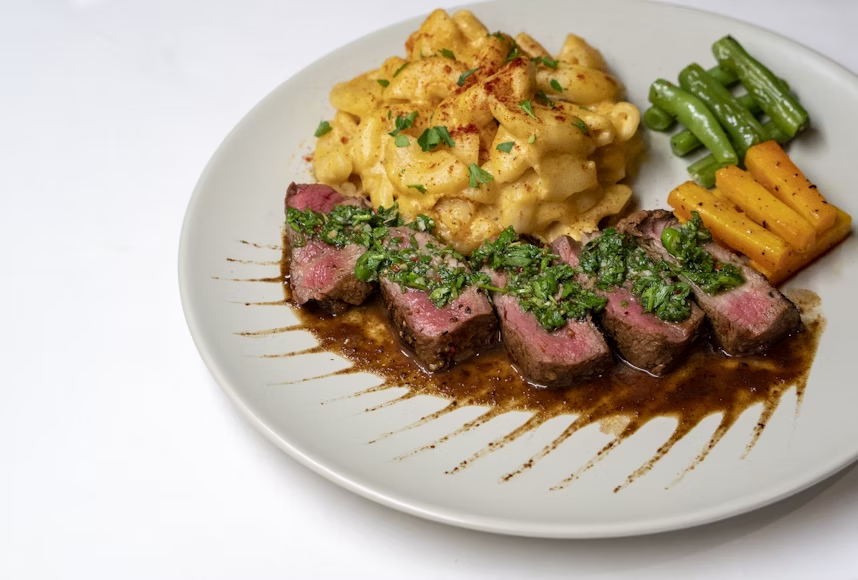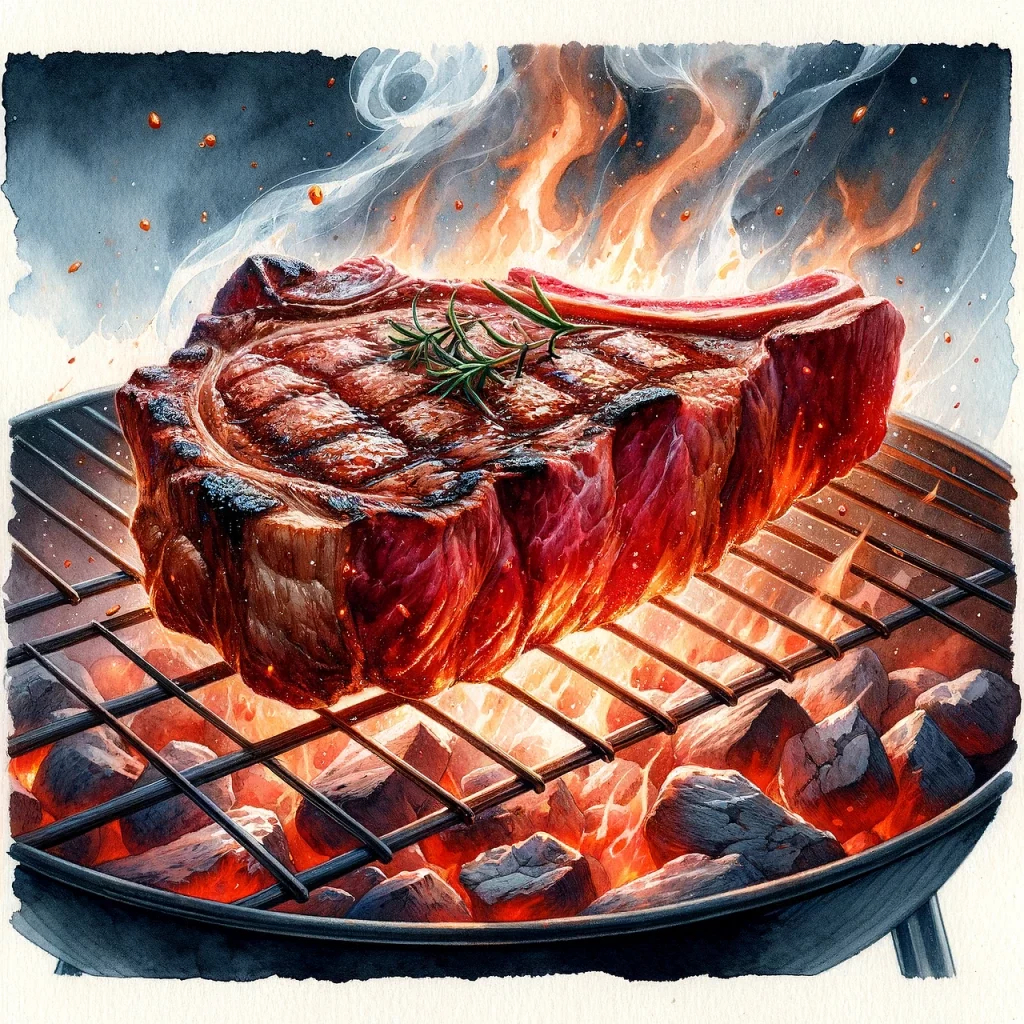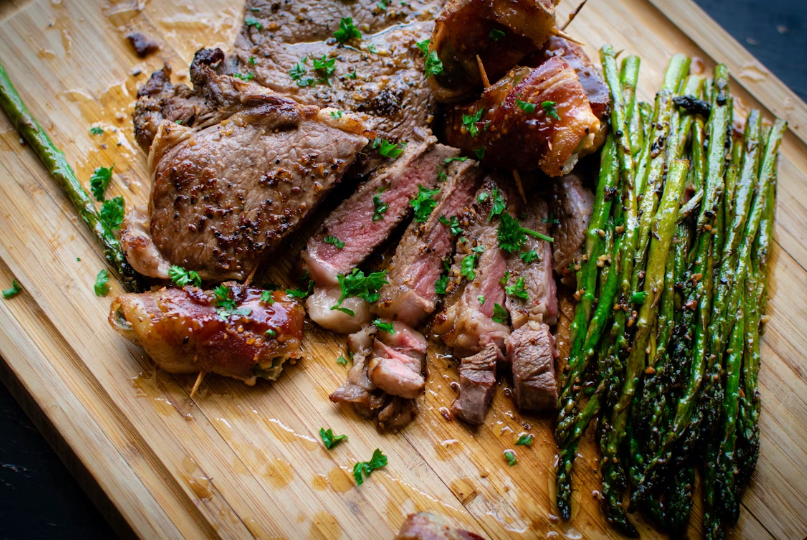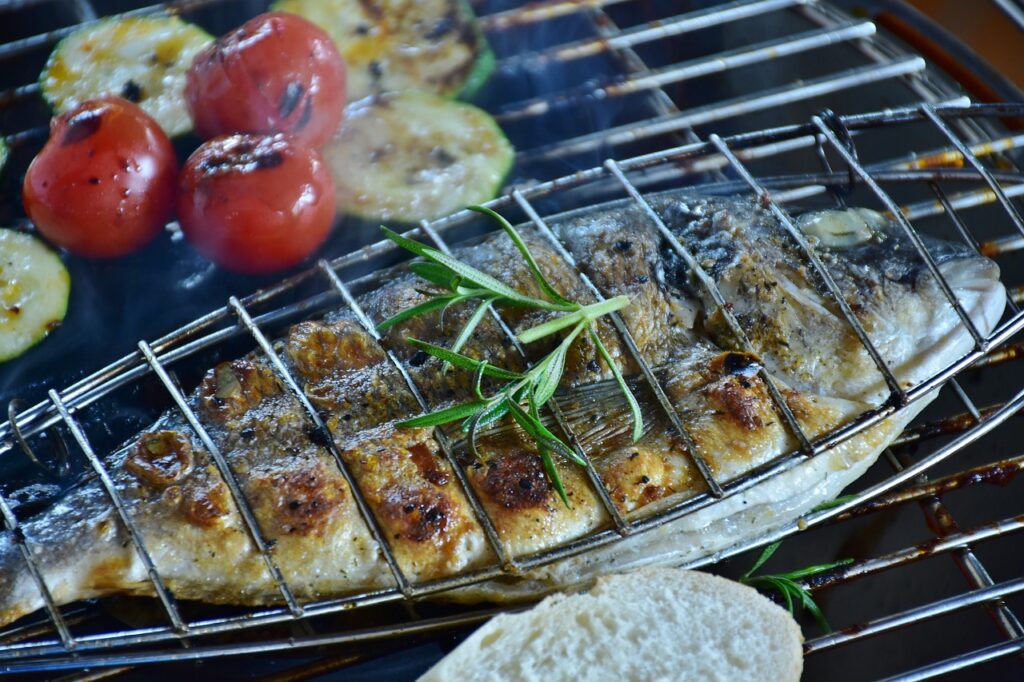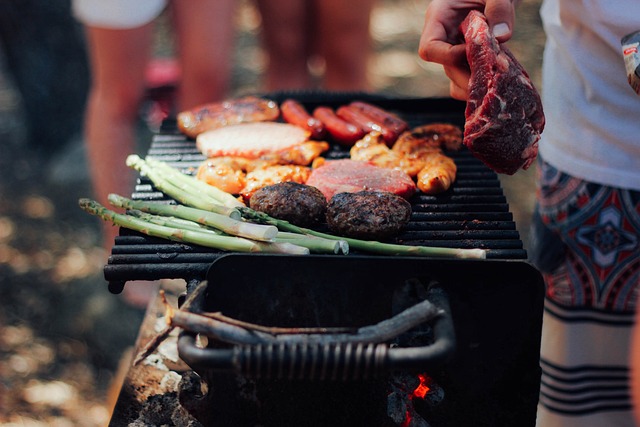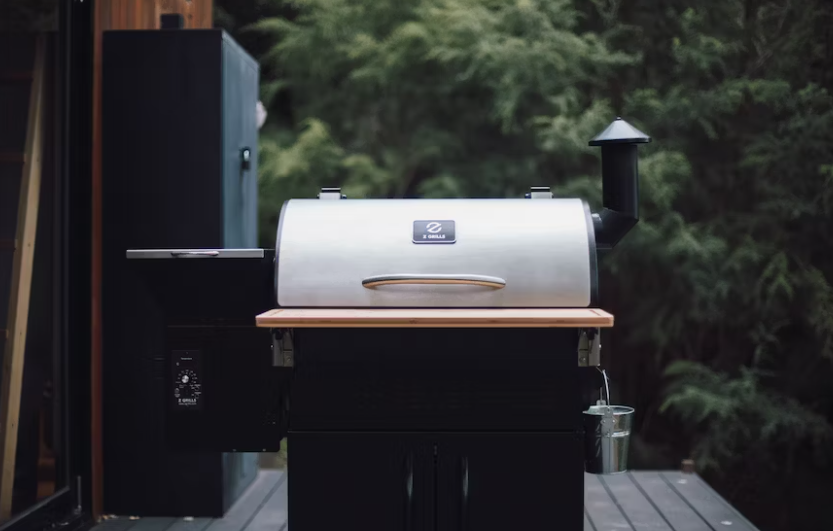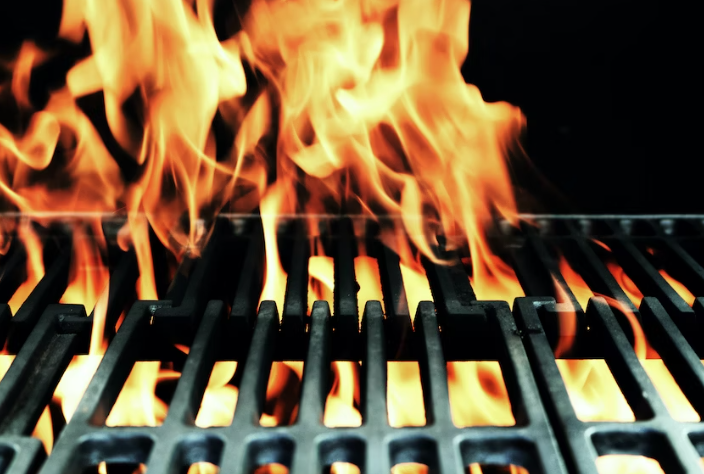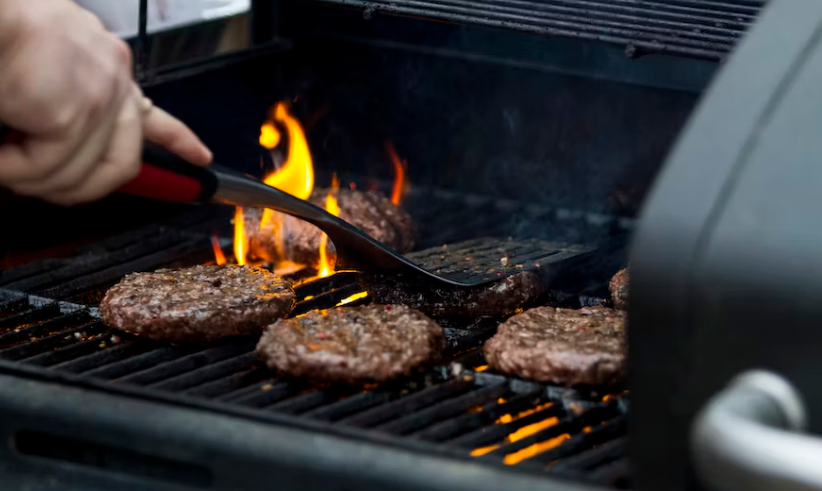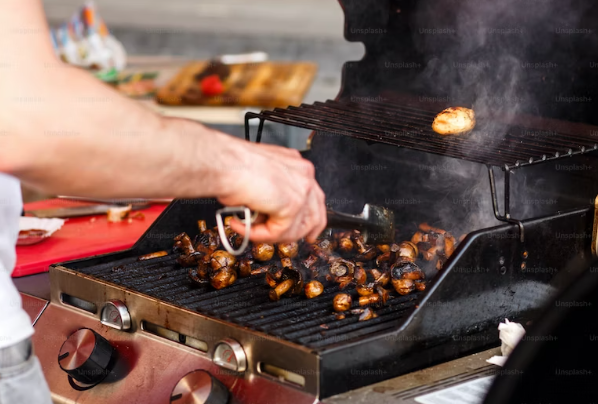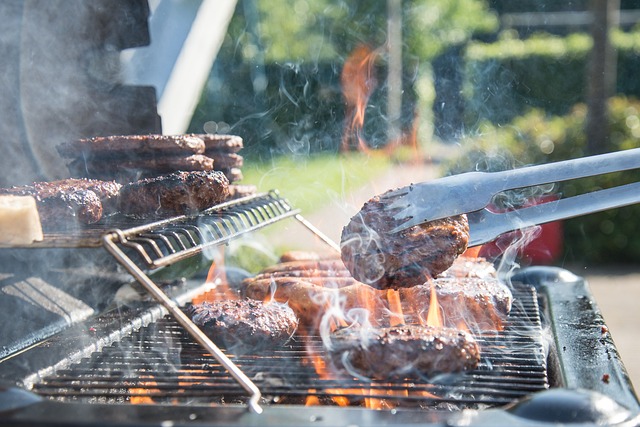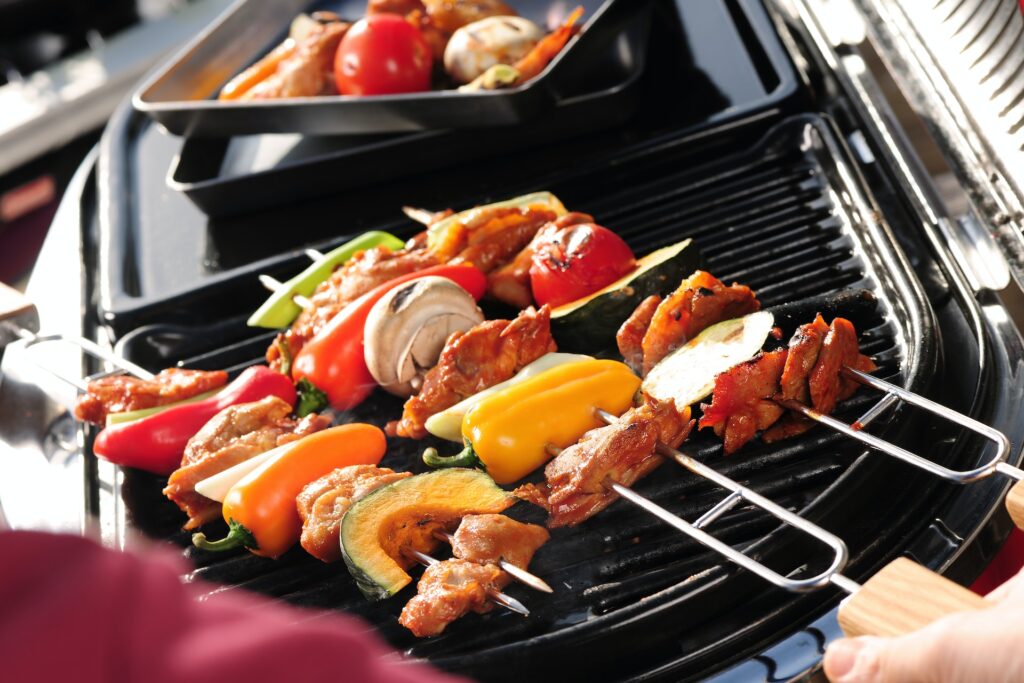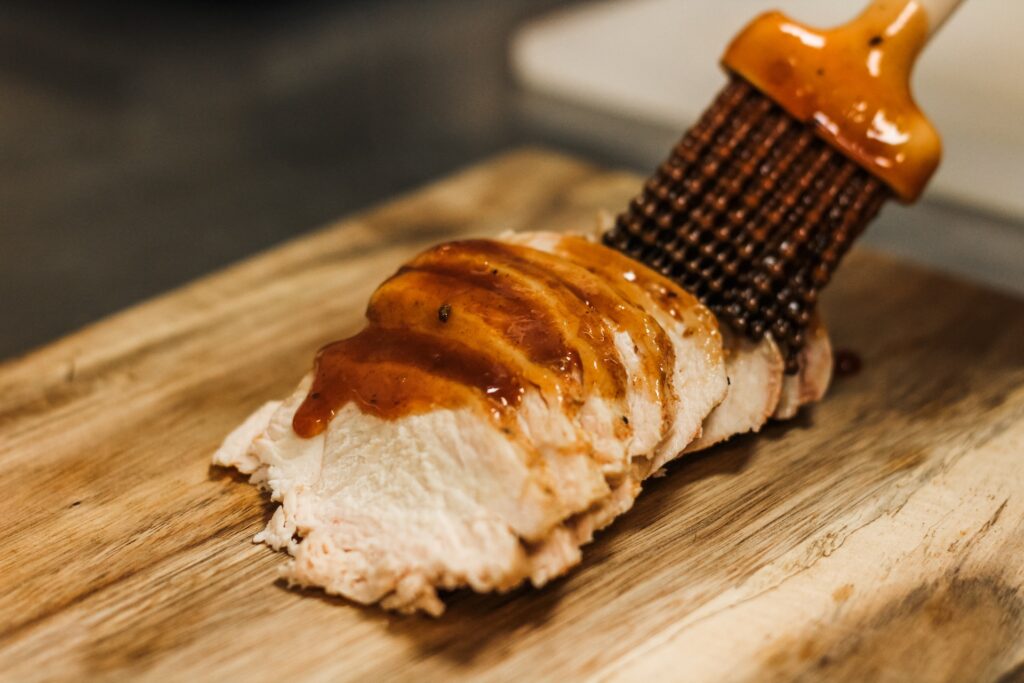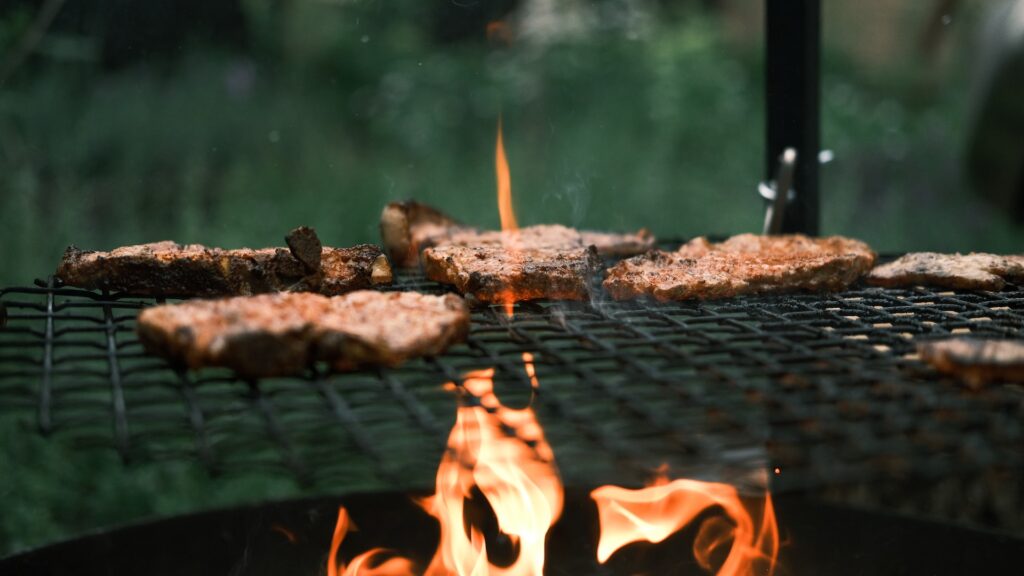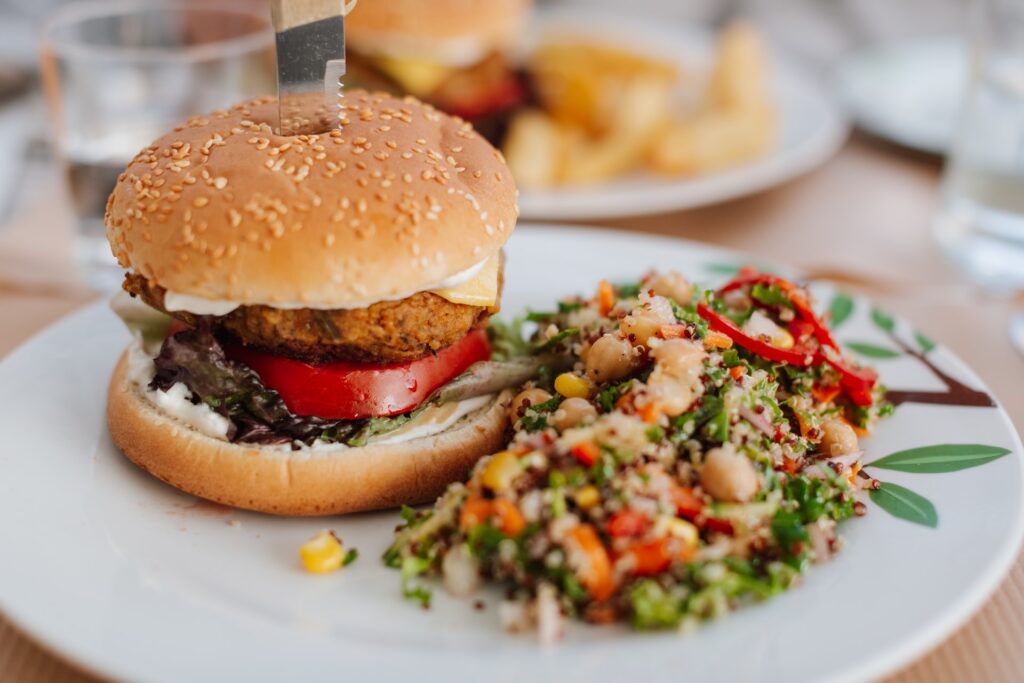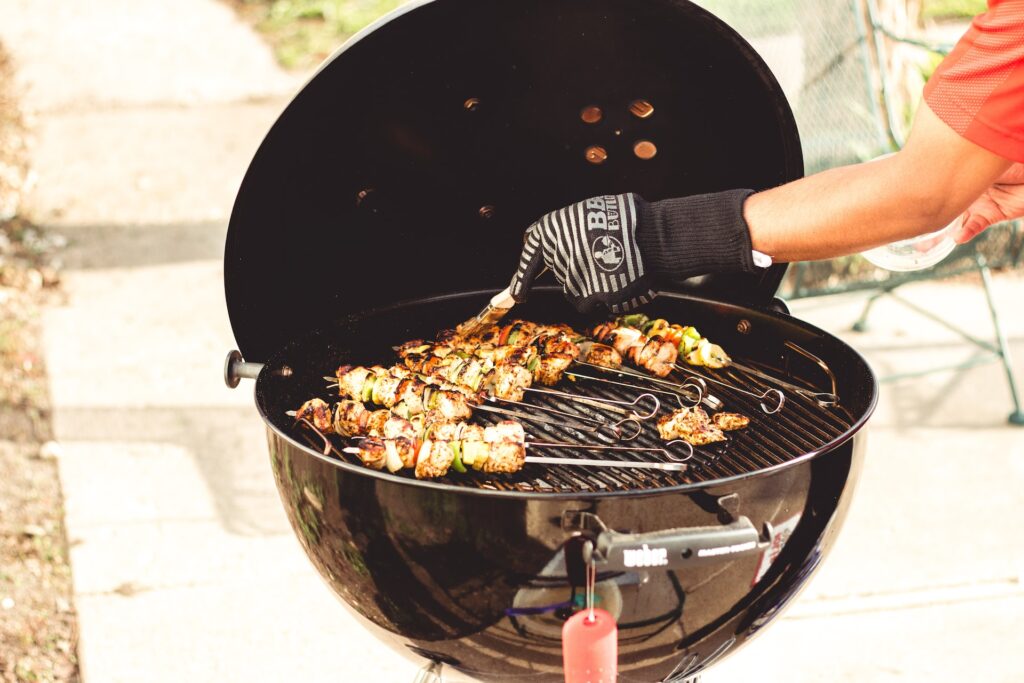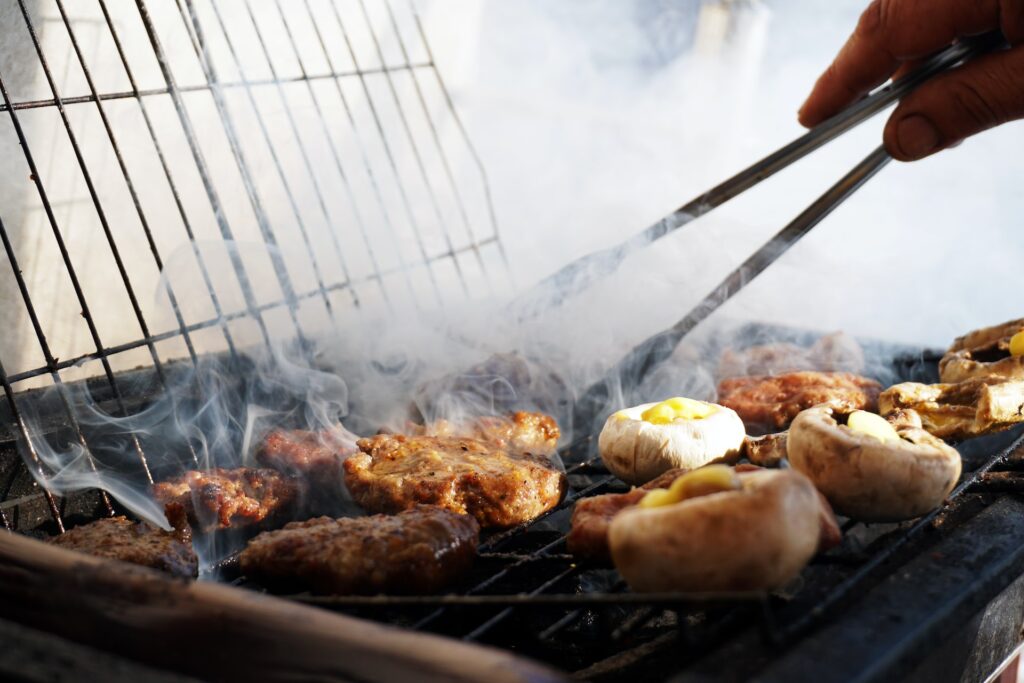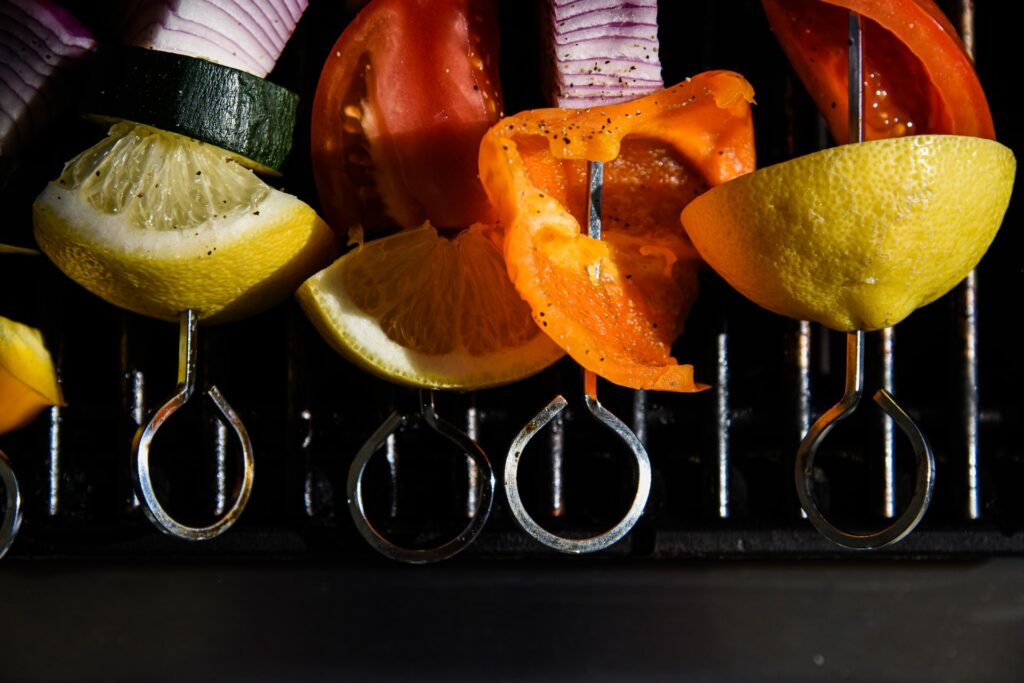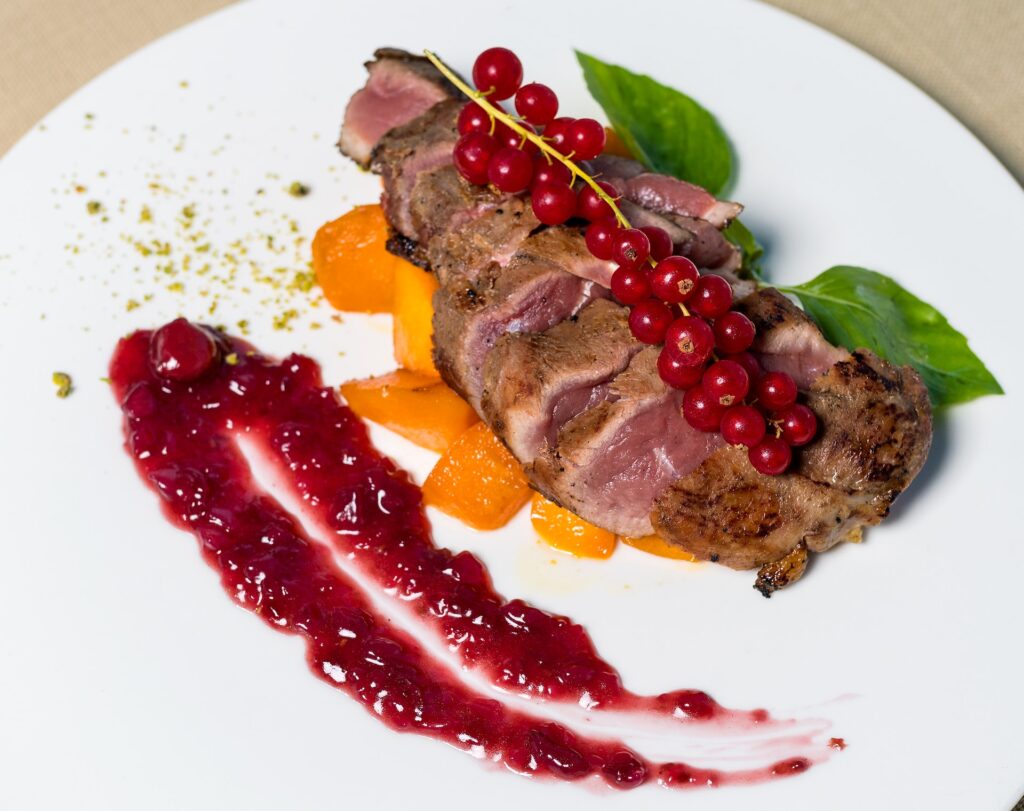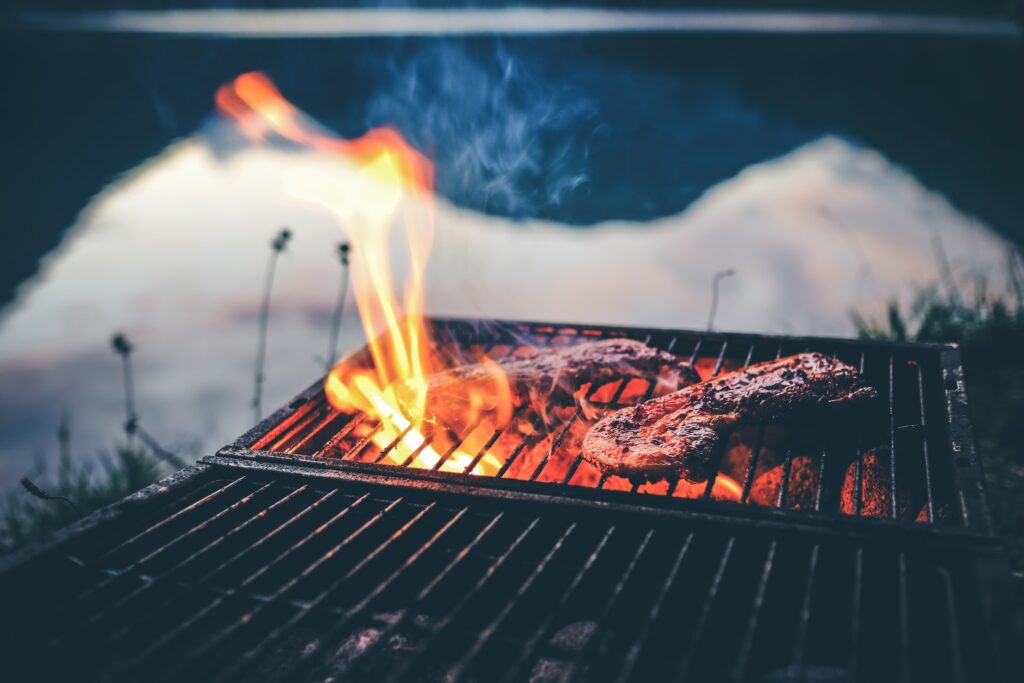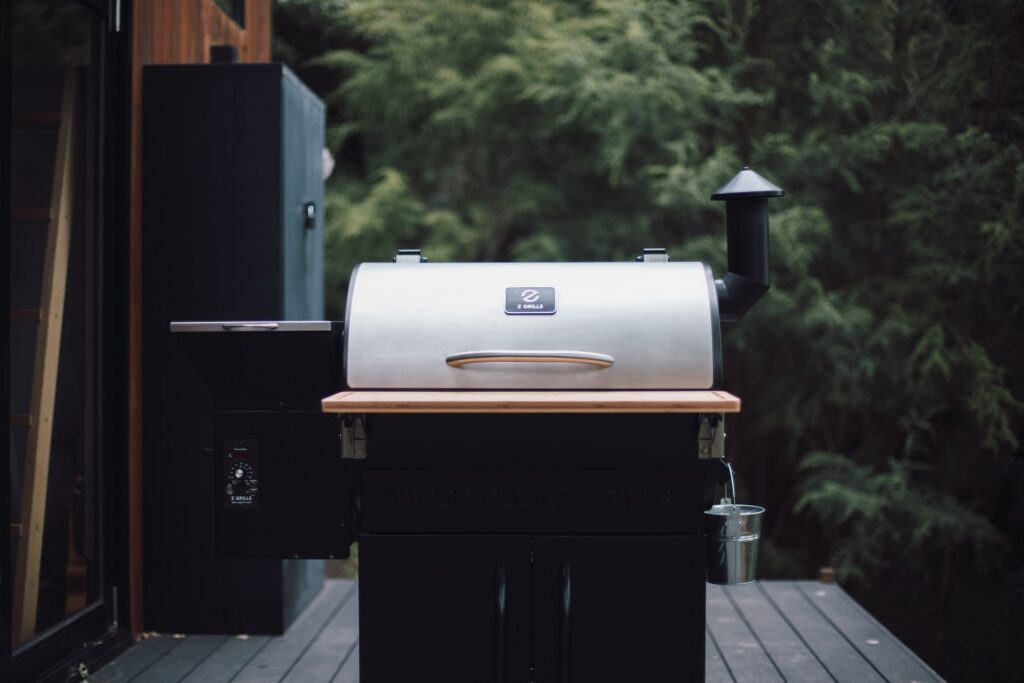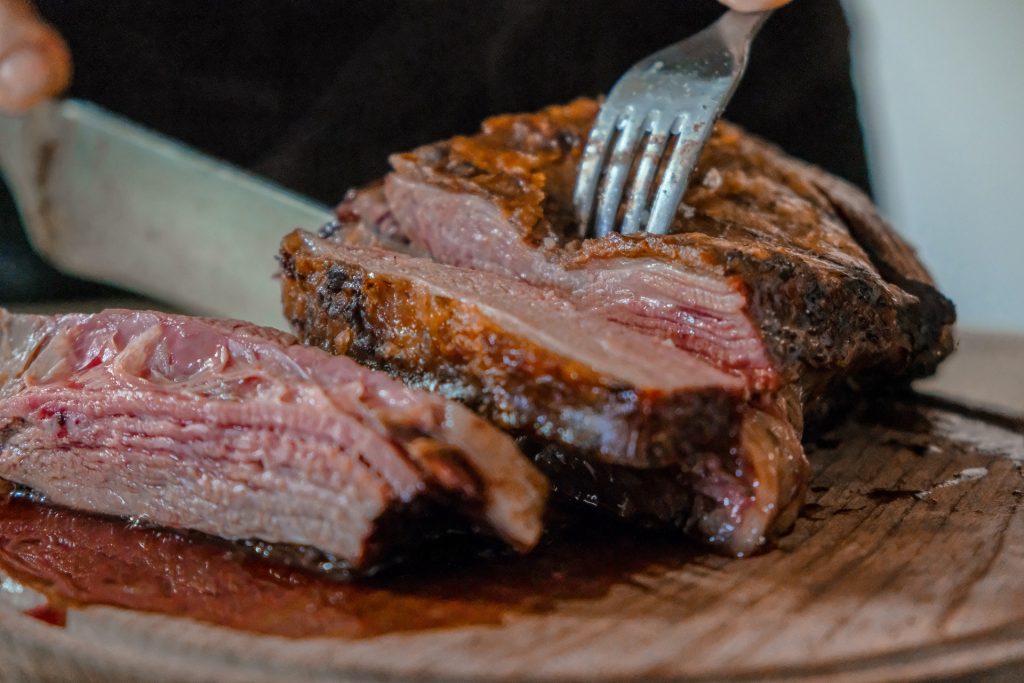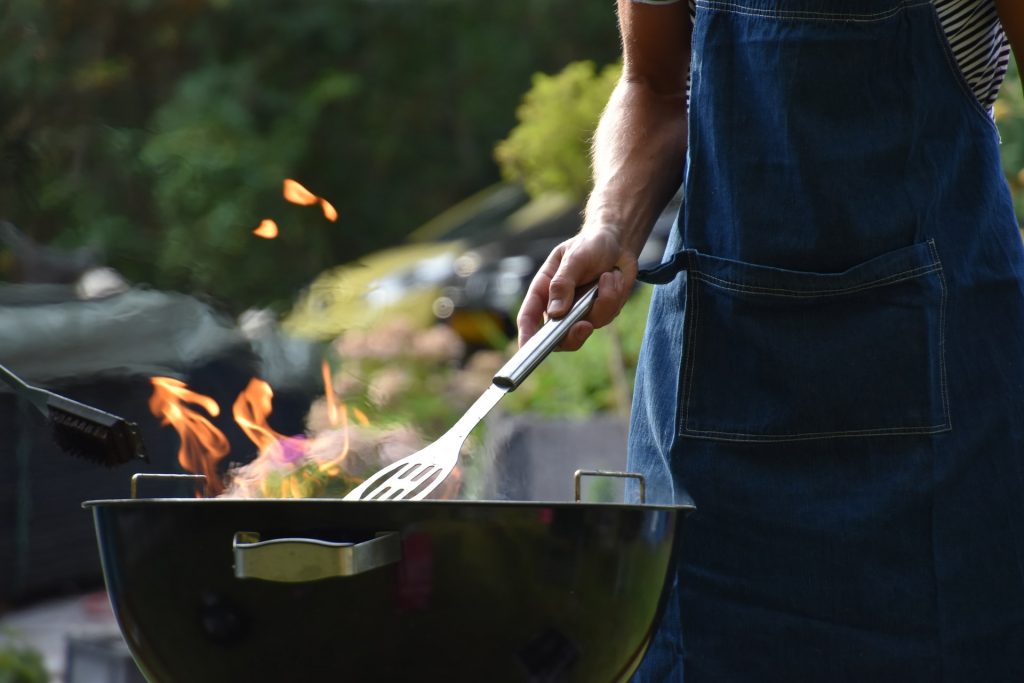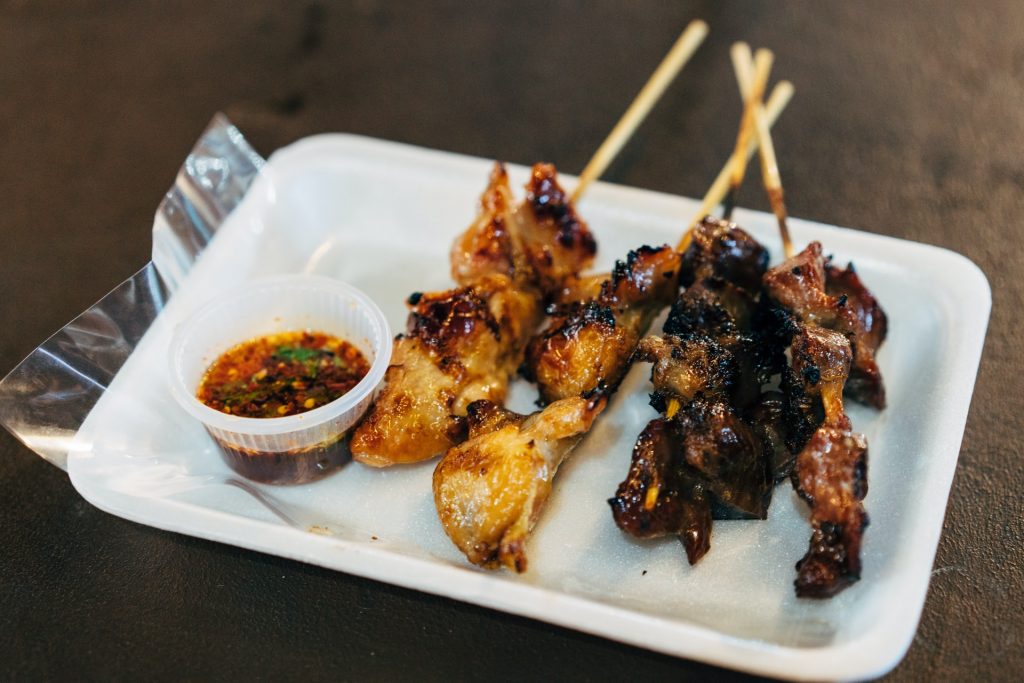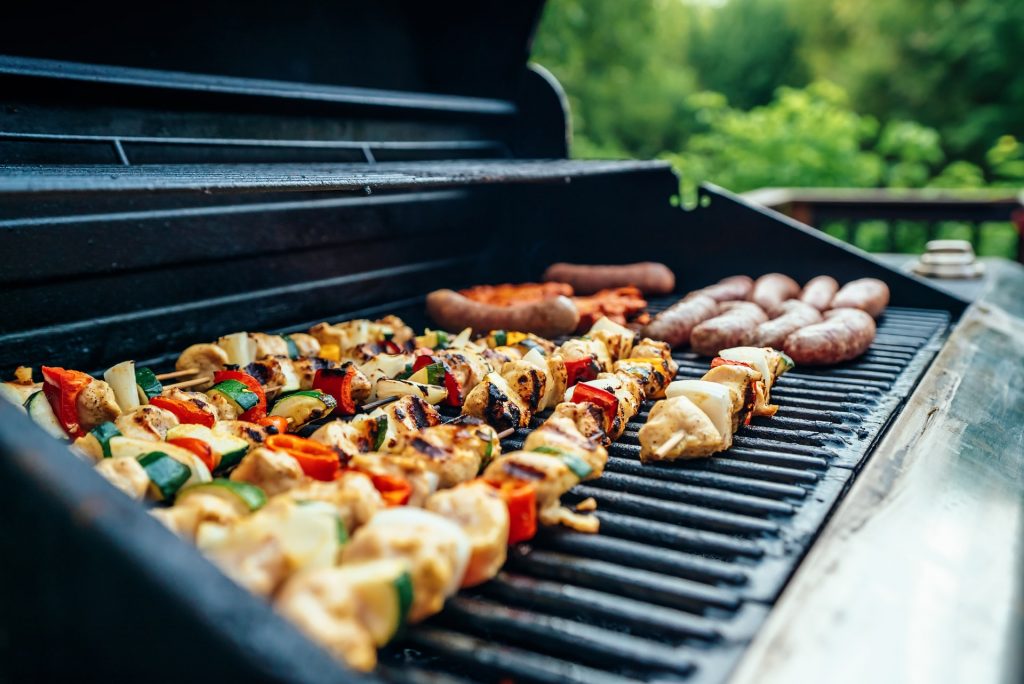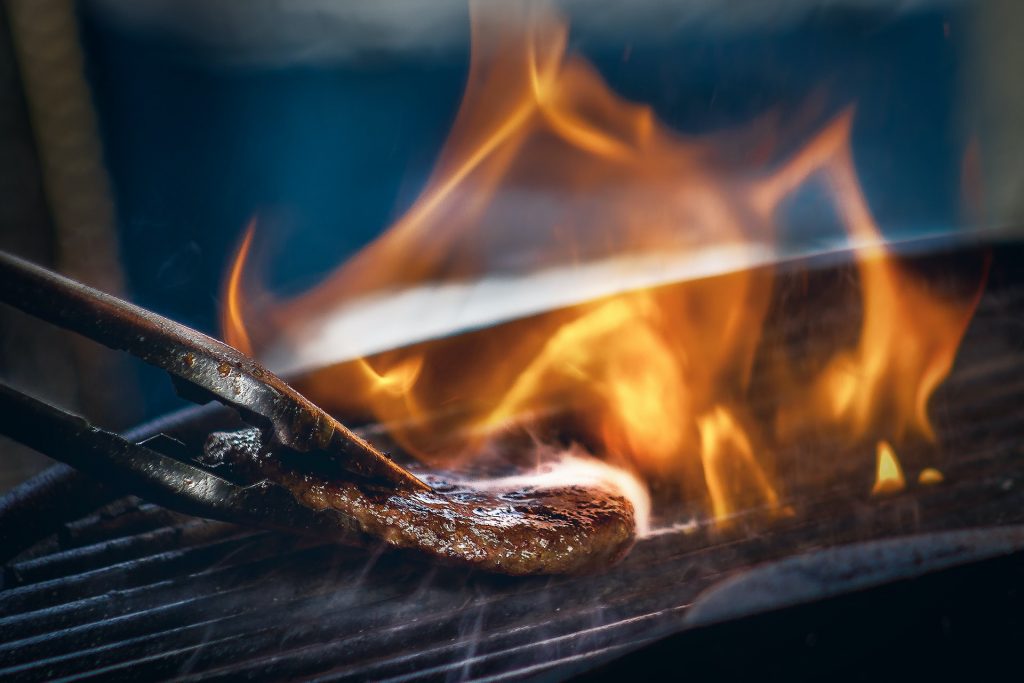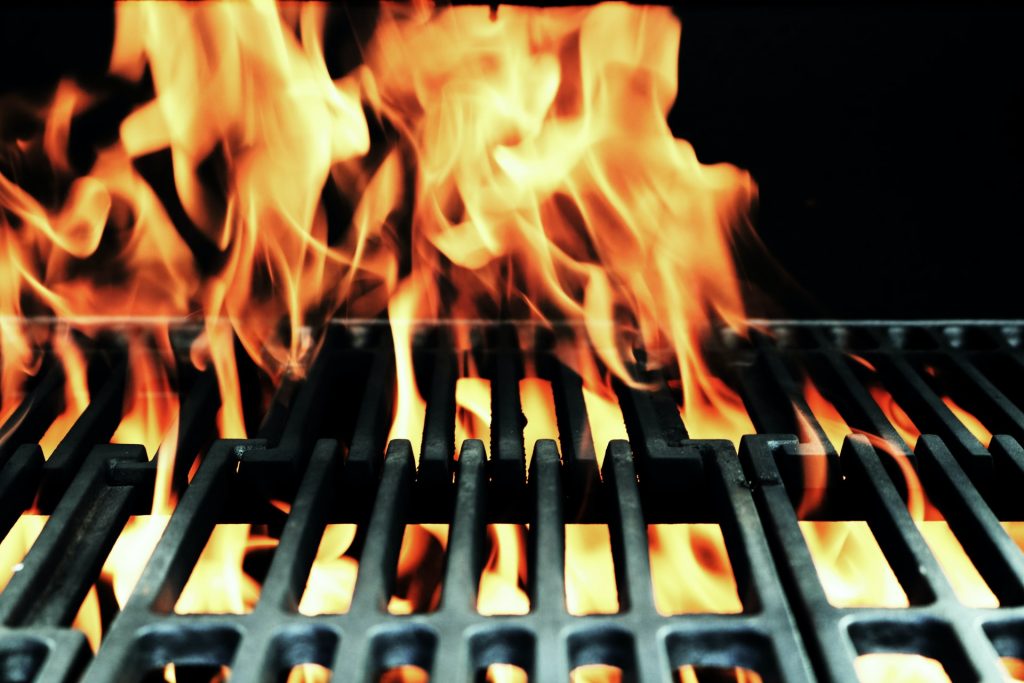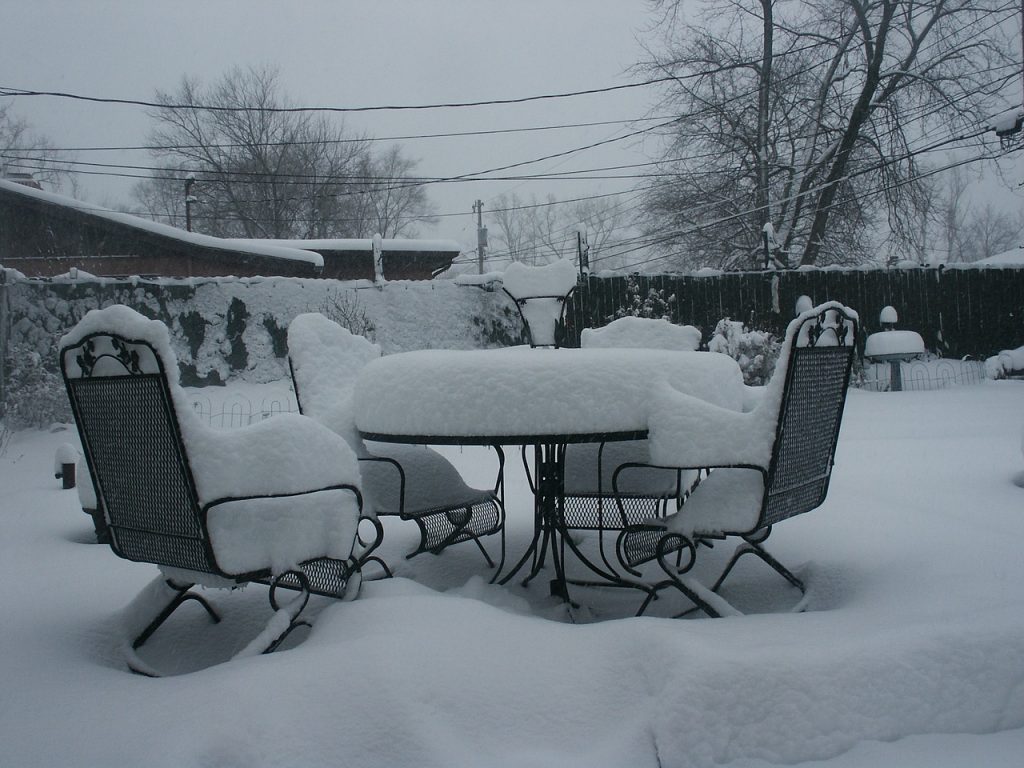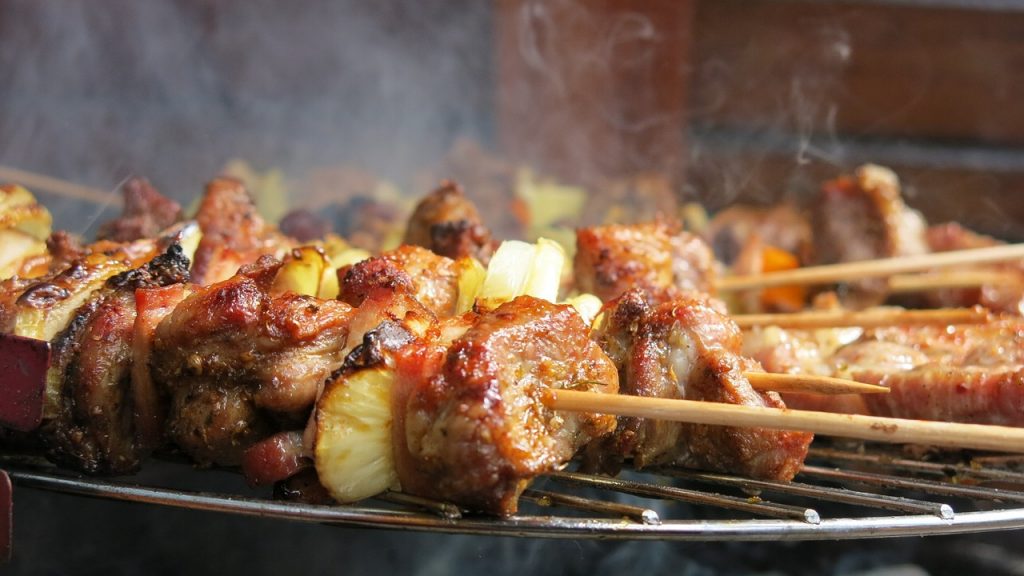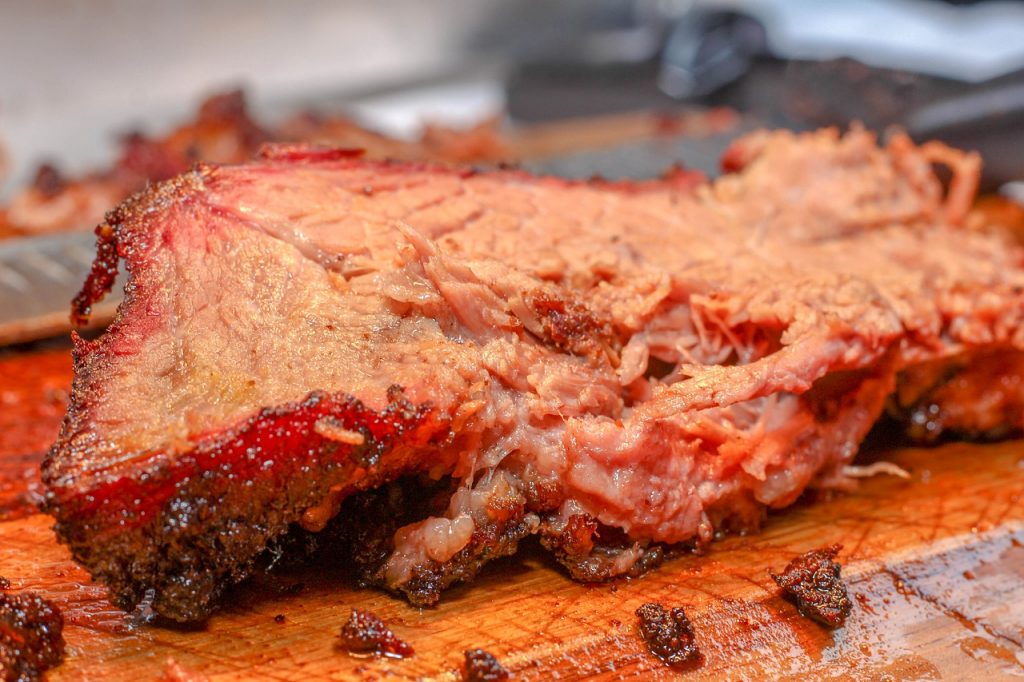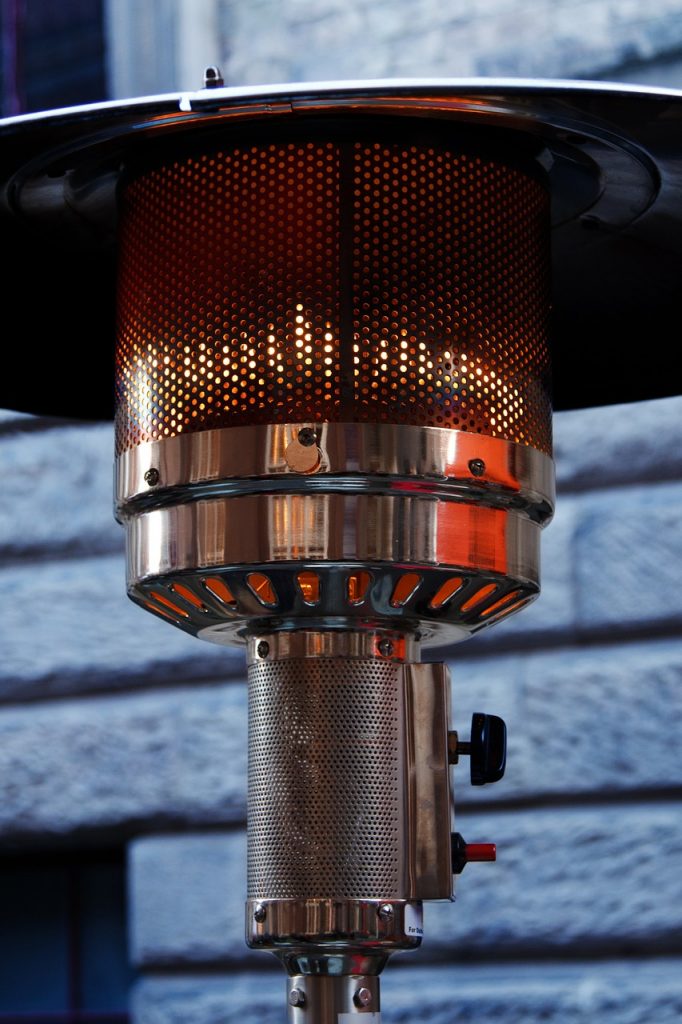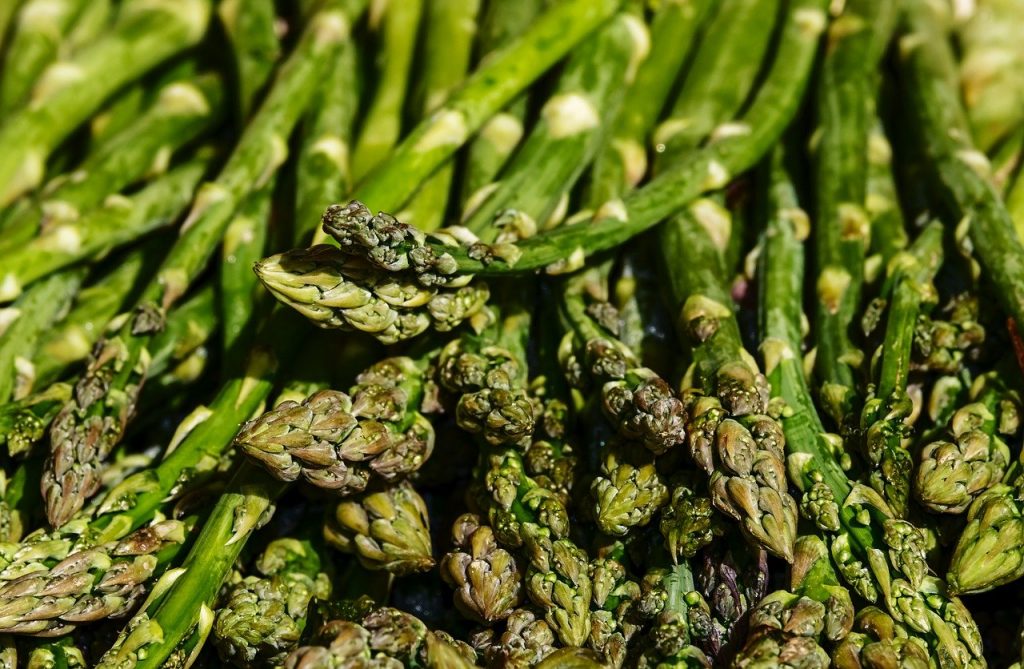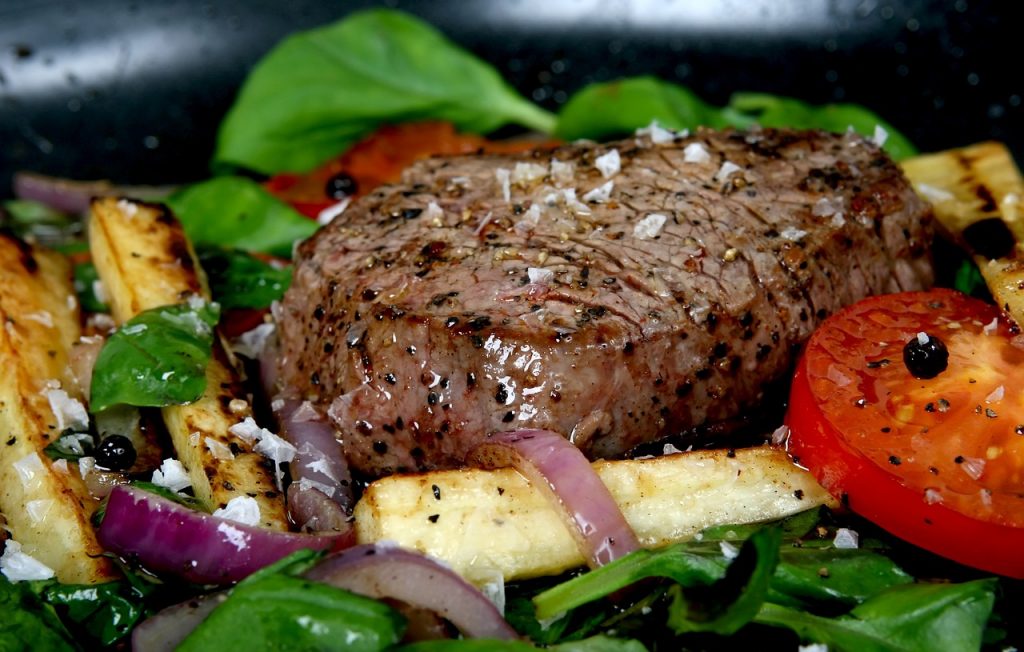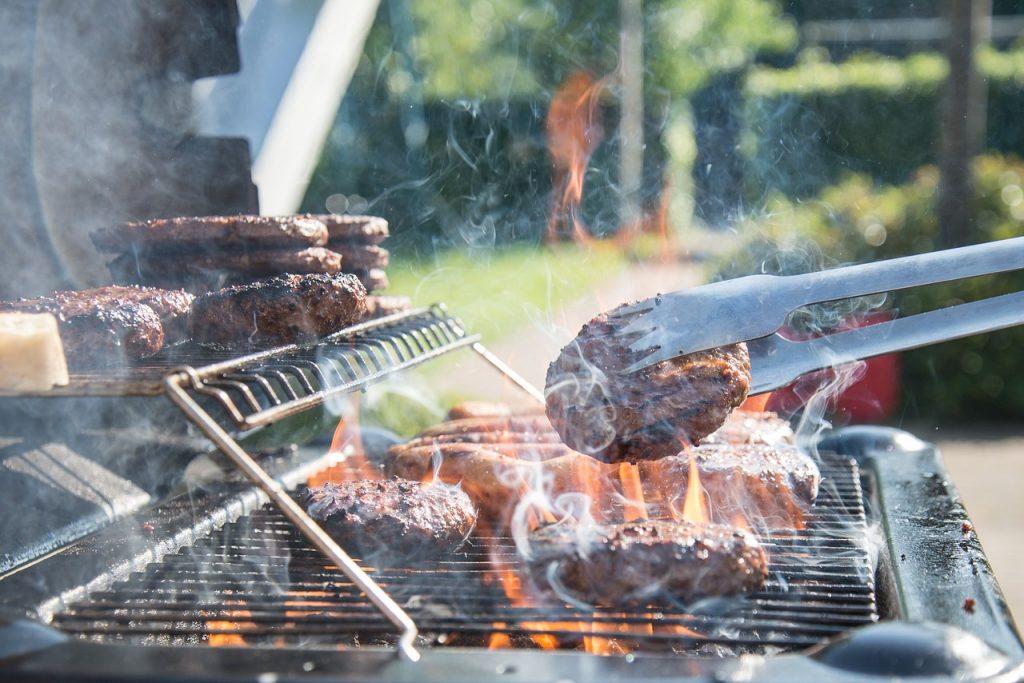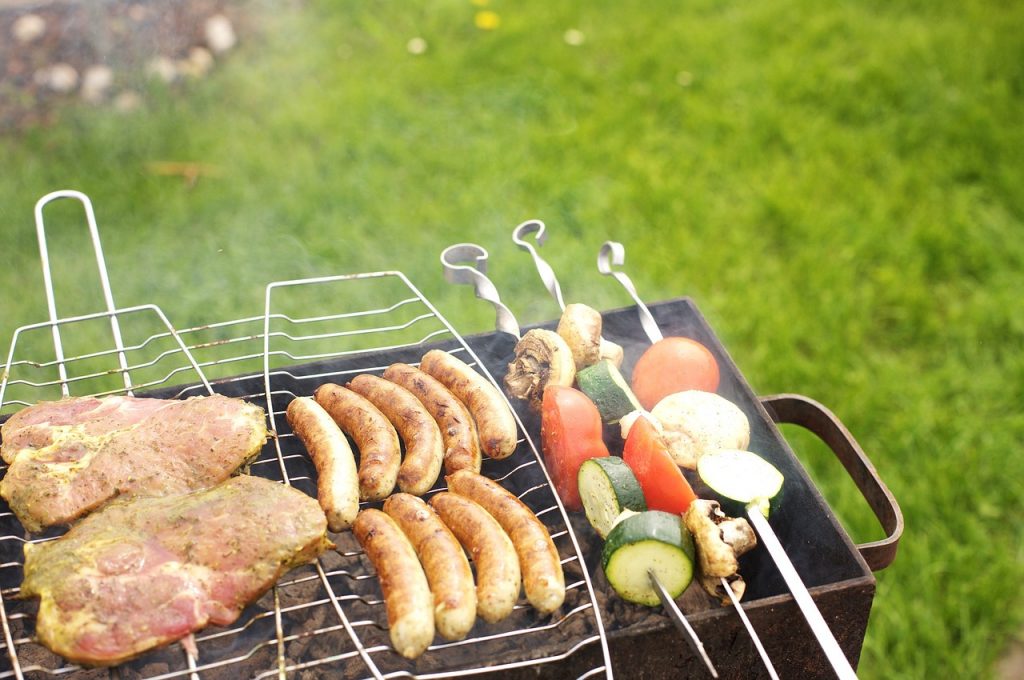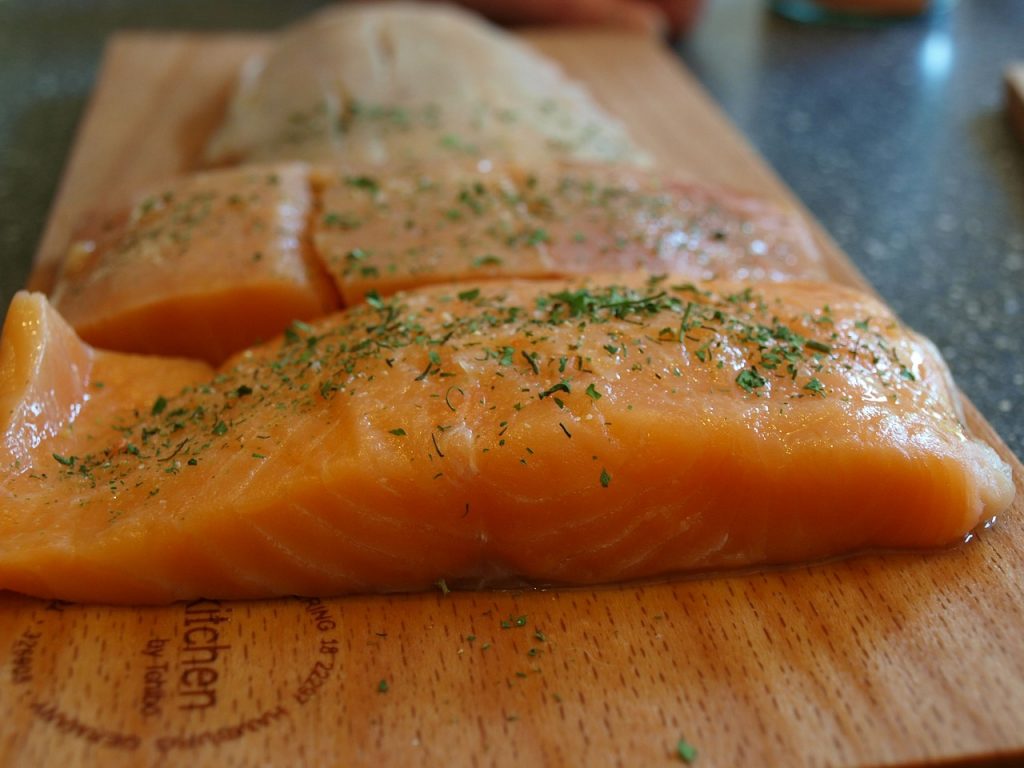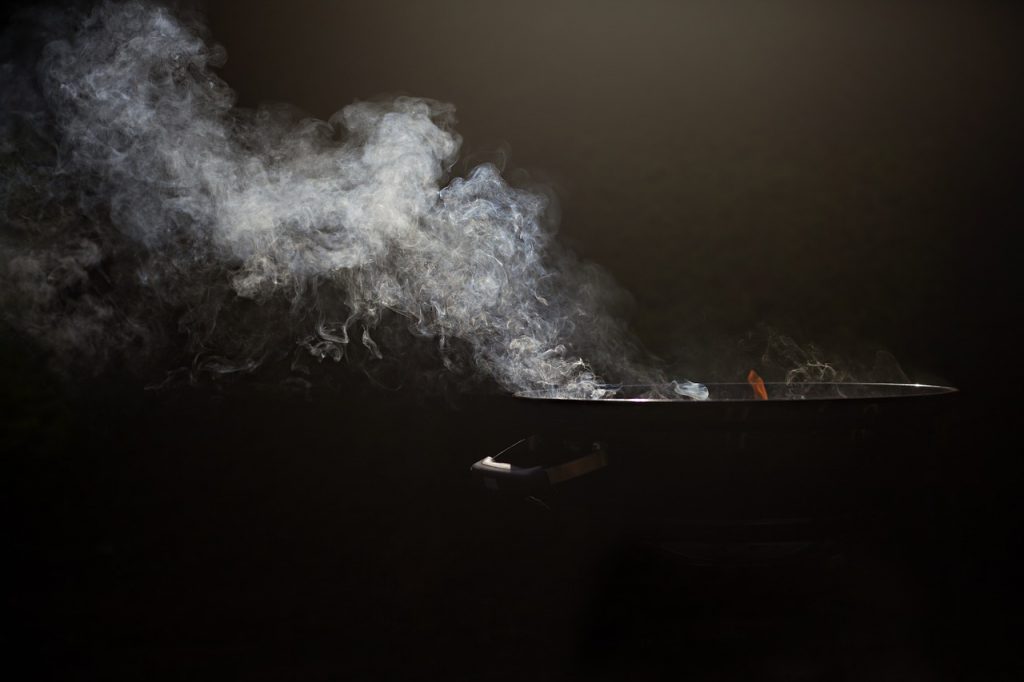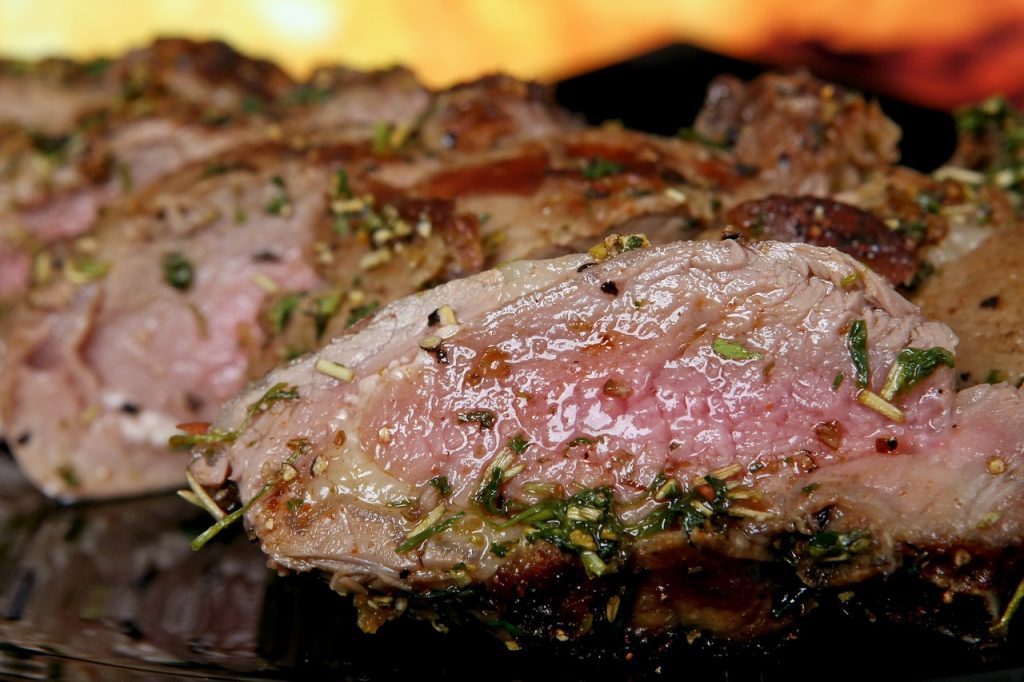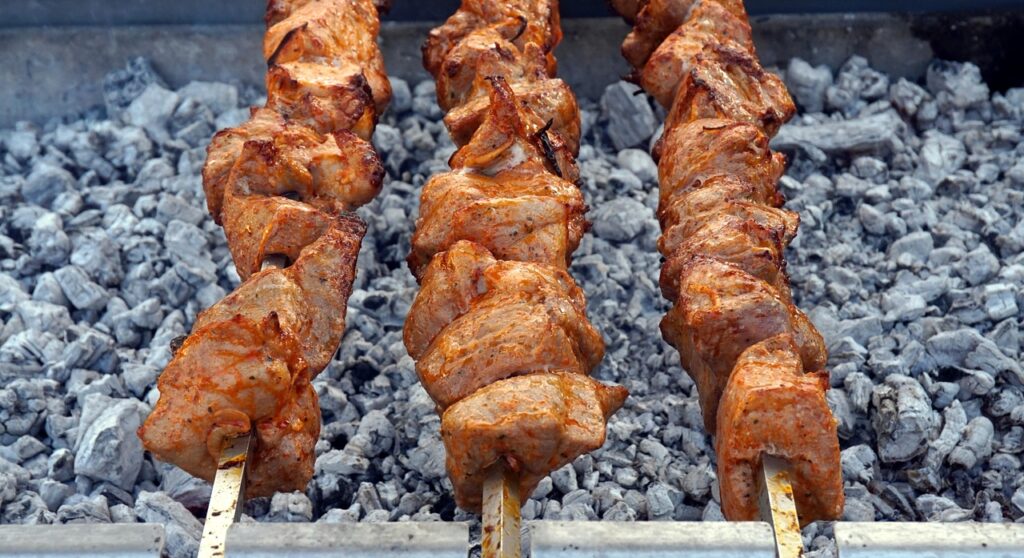
December parties often happen indoors only. But festive outdoor entertaining creates memorable moments your guests will never forget this season. Cold weather shouldn’t limit your hosting options. Smart planning turns your yard into a winter wonderland.
Why Go Outside?
Indoor spaces feel cramped during big gatherings. Creative festive outdoor entertaining spreads crowds out and keeps everyone comfortable in fresh air. Your home stays cleaner with less traffic. Guests enjoy unique experiences they’ll talk about for months.
Heat Sources Save The Day
Propane heaters create warm zones instantly. Place them around seating areas for maximum comfort. Fire pits gather crowds naturally with dancing flames. String café lights overhead for ambiance and mild warmth. Heated blankets at each chair show thoughtful hosting. Keep backup fuel tanks ready for long events.
Shelter From Wind Matters
Tents with sidewalls block harsh gusts effectively. Position them to face away from prevailing winds. Clear tarps maintain views while stopping cold air. Evergreen hedges act as natural windbreaks if you have them. Even temporary screens help significantly during parties.
Food Stays Hot Longer Outside
Chafing dishes work better in cold conditions. Steam doesn’t dissipate as quickly when temps drop. Soups and stews become perfect menu centerpieces. Hot chocolate bars delight kids and adults equally. Warm appetizers taste better during winter gatherings. Skip cold salads that nobody wants in December.
Lighting Creates Magic Moments
Icicle lights drape beautifully from eaves and fences. Luminaries line pathways for safe navigation at night. Candles in glass holders flicker without blowing out. LED options eliminate fire concerns completely these days. Colored lights match holiday themes perfectly for Instagram moments.
8 Must-Have Items For Success
Insulated beverage dispensers keeping drinks steaming hot work great. Outdoor rugs preventing slips on icy surfaces save guests. Hand warmer packets as parting gifts delight everyone. Wireless speakers playing festive tunes create ambiance. Extra jackets and scarves for forgetful guests help them. Snow shovels clearing paths between areas ensure safety. Emergency shelter plan if weather worsens suddenly protects everyone. Phone charging station so guests capture memories matters.
Timing Your Event Right
Late afternoon starts capture sunset beauty perfectly. End before temps drop too dramatically after dark. Weekend gatherings let guests linger without work worries. Avoid nights with forecasted precipitation or extreme cold. Check weather updates hourly on party day itself.
Decor That Handles Weather
Plastic ornaments won’t shatter like glass versions. Fabric buntings dry quickly if snow falls. Metal signs withstand moisture better than paper banners. Natural elements like pinecones and branches cost nothing. Buy decorations designed specifically for exterior use only.
Send Guests Home Happy
Party favors remind people of wonderful times together. Small items like custom mugs or cookies work great. Include your family photo as a holiday card. Thank everyone personally as they leave your gathering. Follow up with a group text sharing photos the next day.
Plan Your 2026 Parties Early
January offers time to reflect on what worked well. Order supplies during post-holiday sales for next year. Book rental equipment before peak season arrives again. Create a master checklist improving with each event. Winter entertaining becomes easier with practice and preparation.
Your outdoor space holds untapped party potential right now. Cold weather creates cozy vibes impossible to replicate indoors. Guests remember unique gatherings for years to come. Toronto winters don’t have to mean boring parties. Start planning your next outdoor celebration this week. Your friends will beg for invites to future events.
